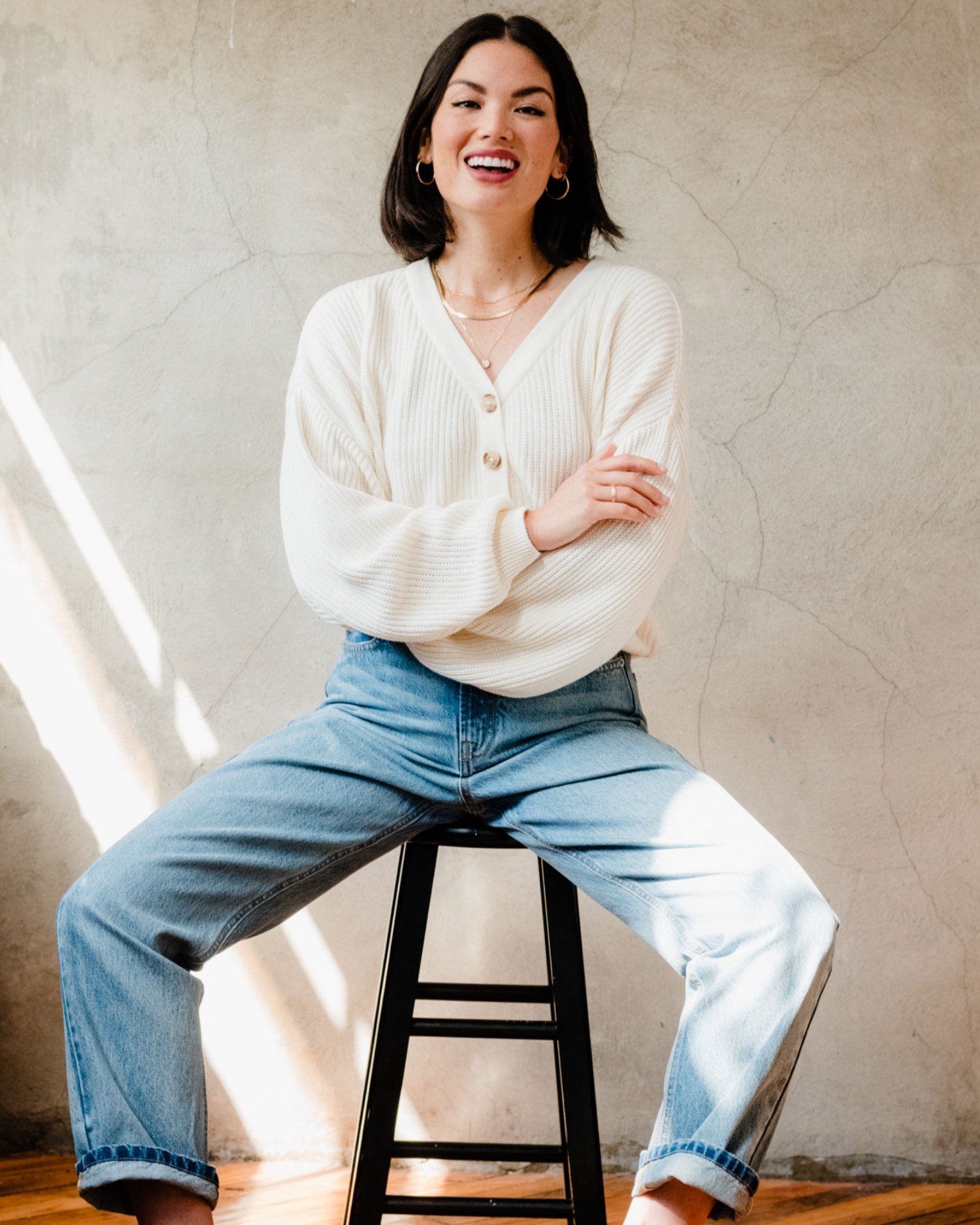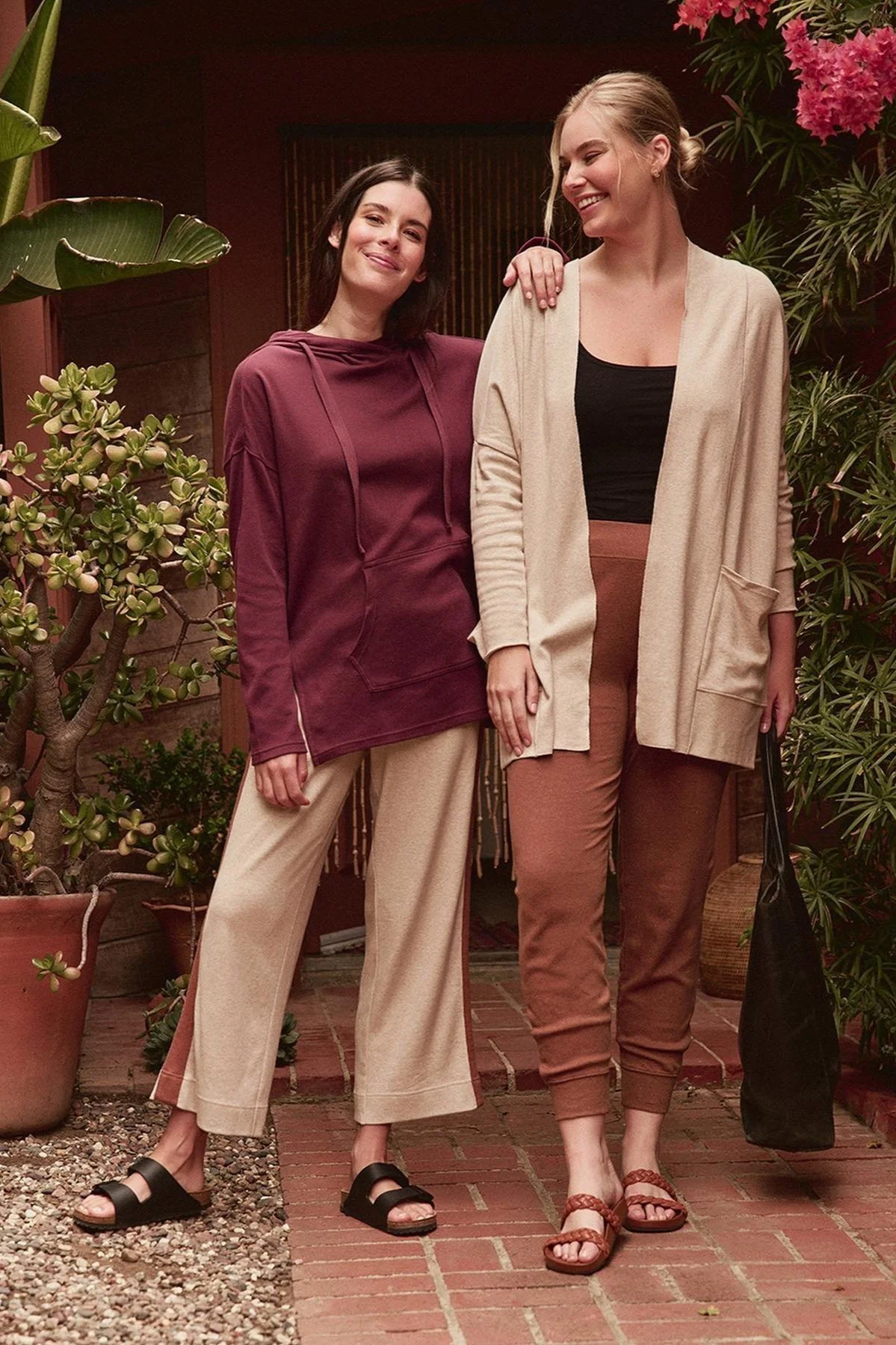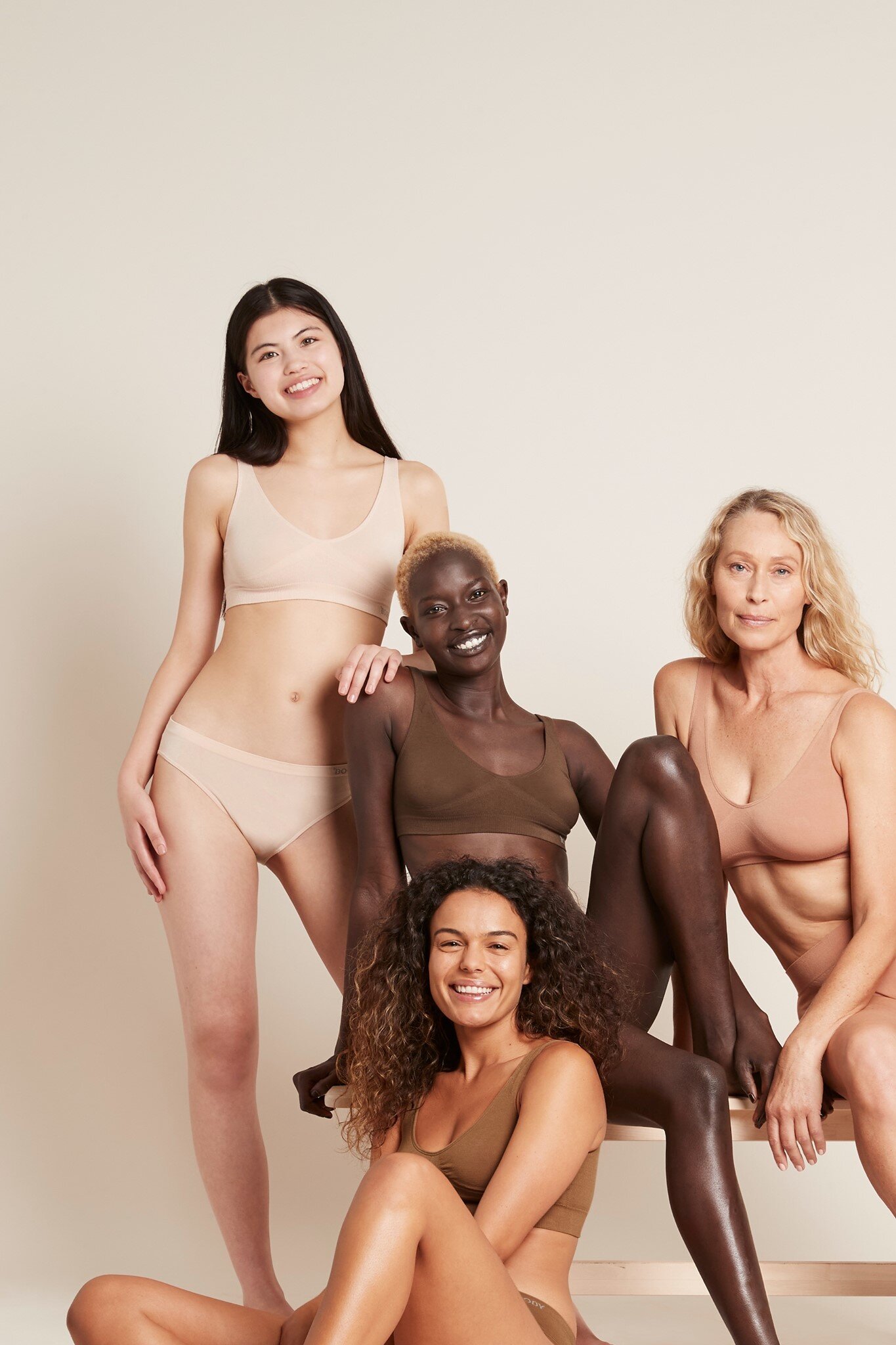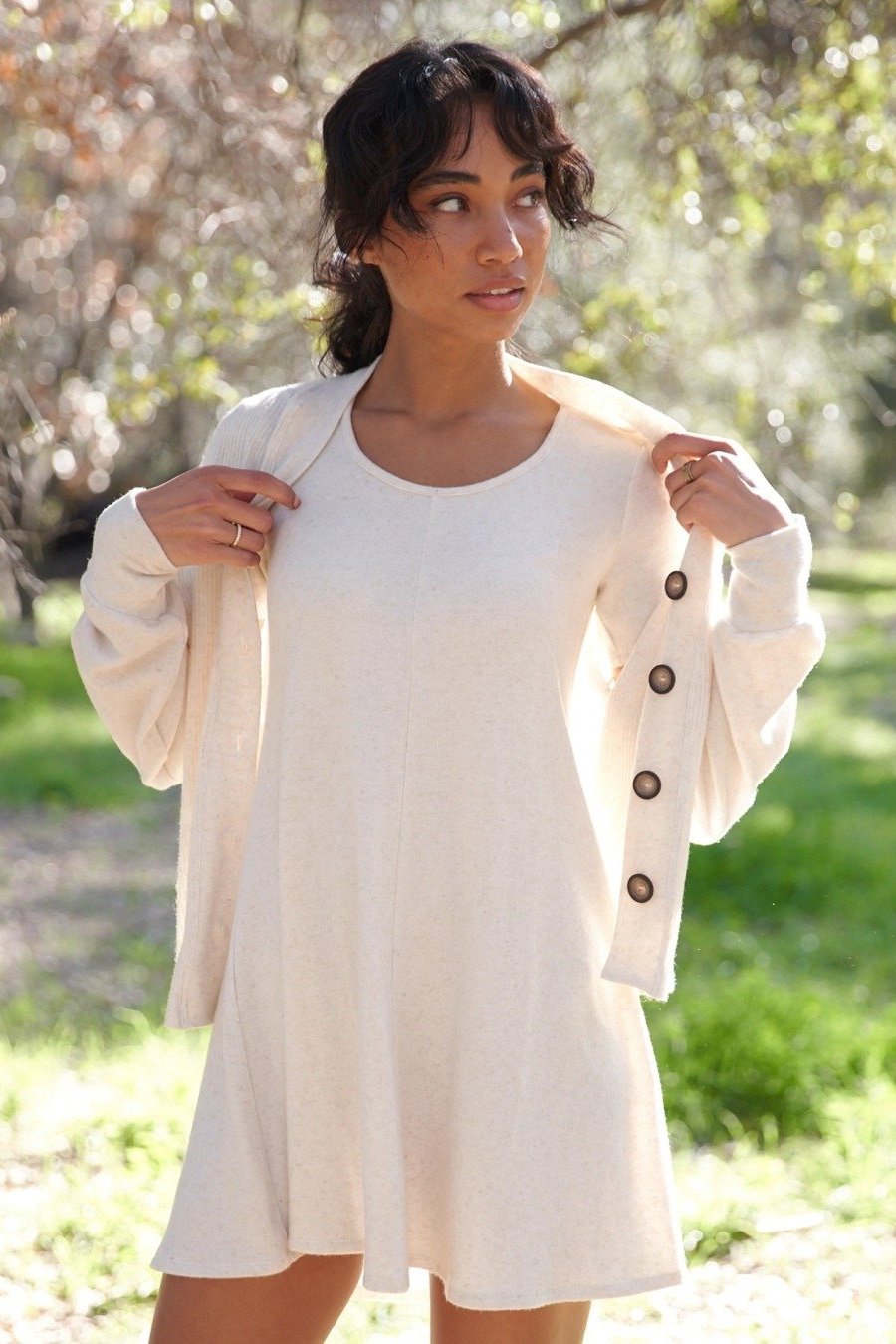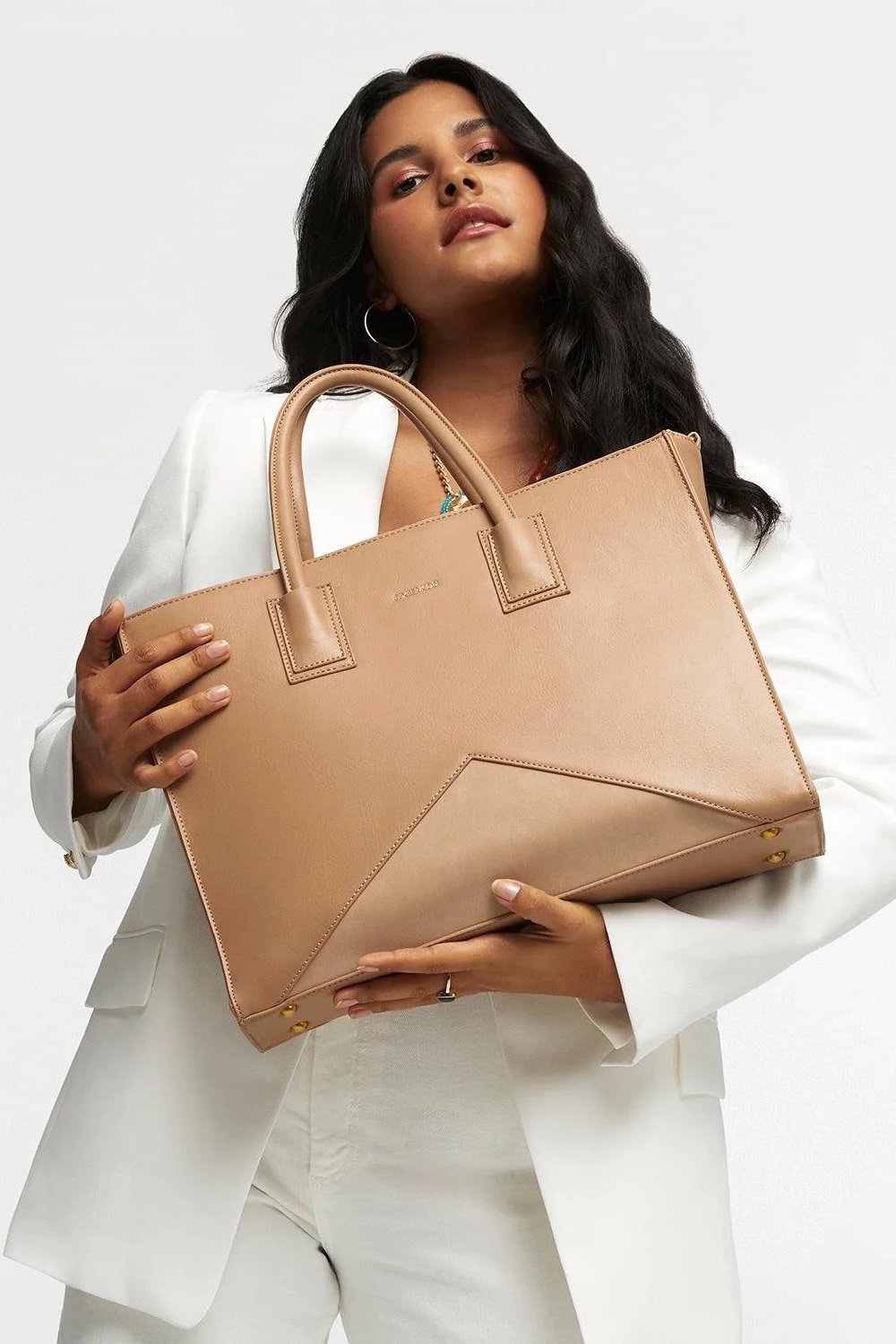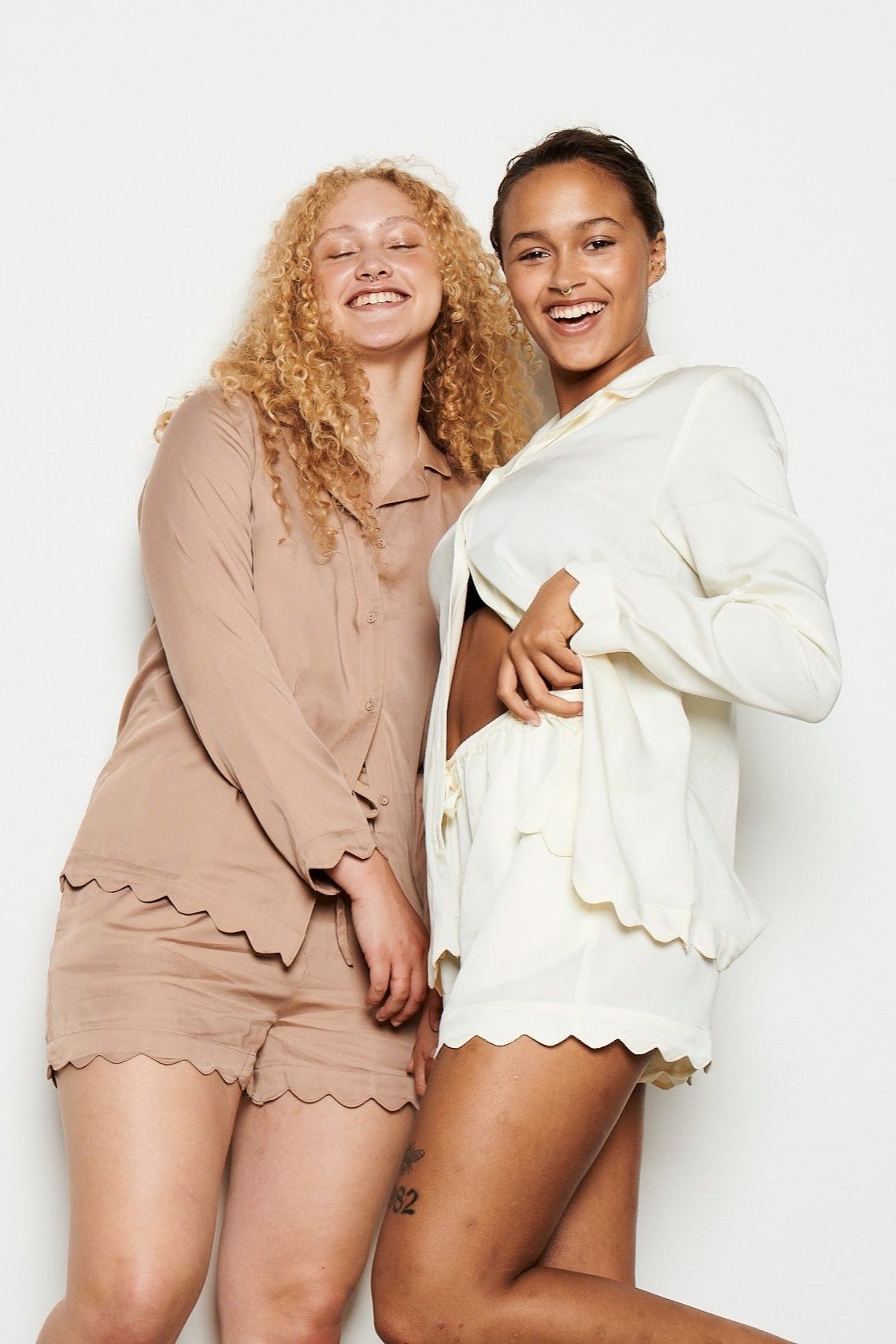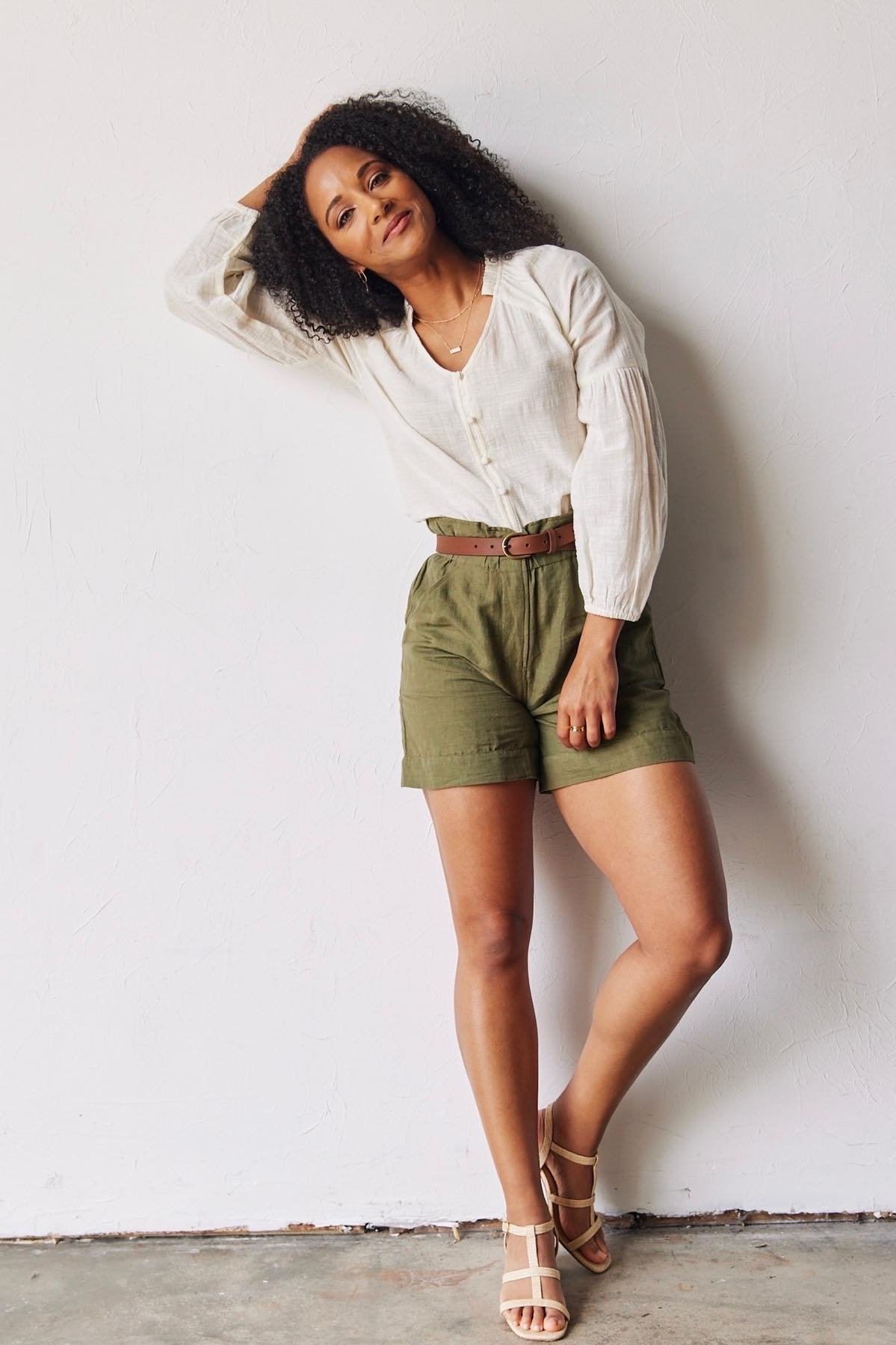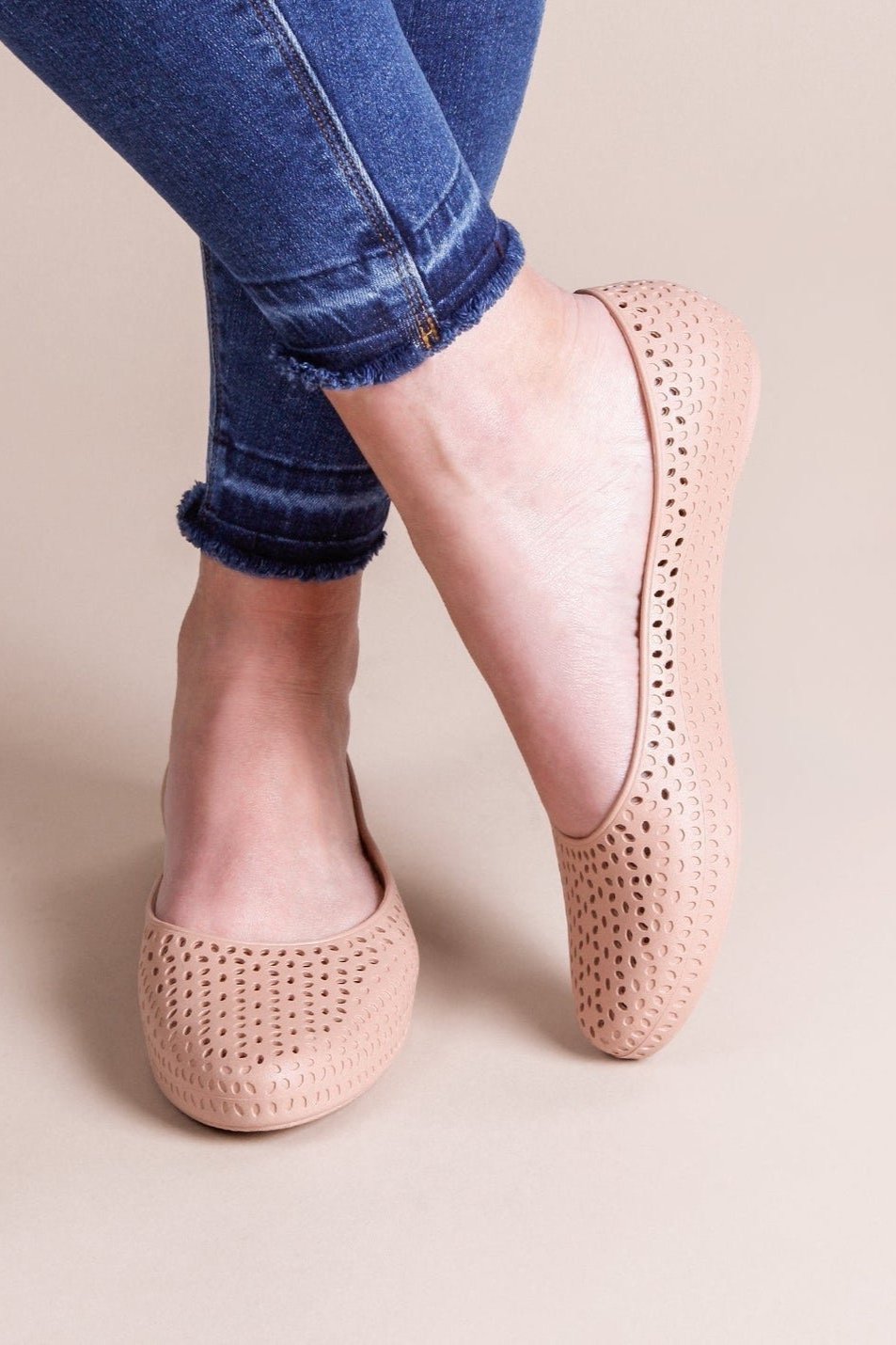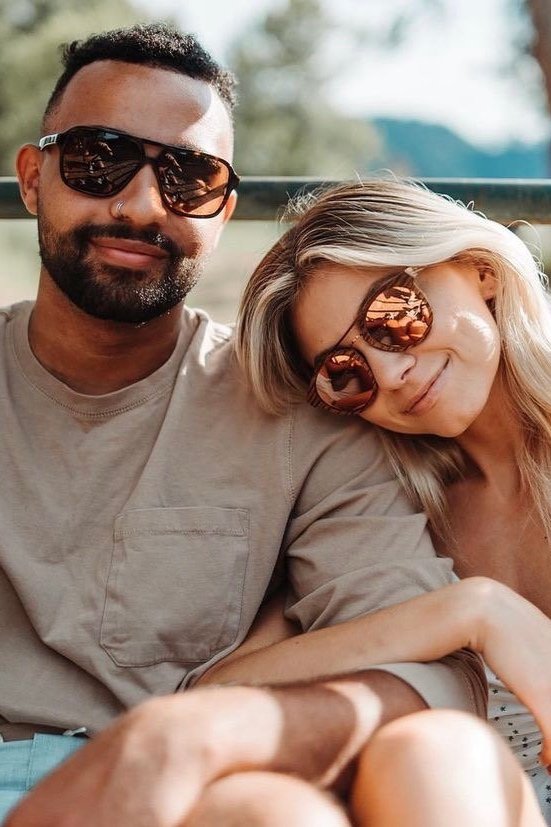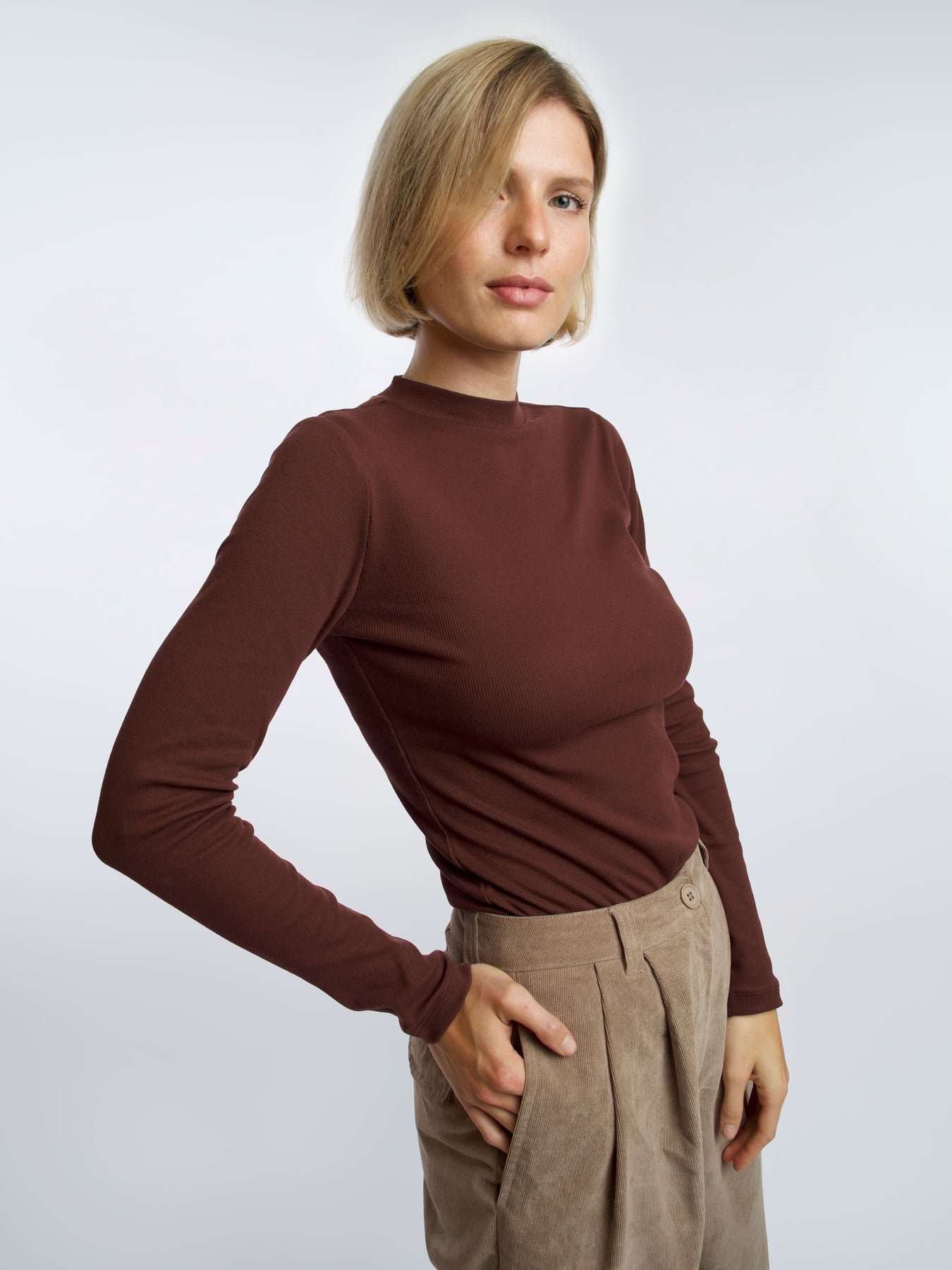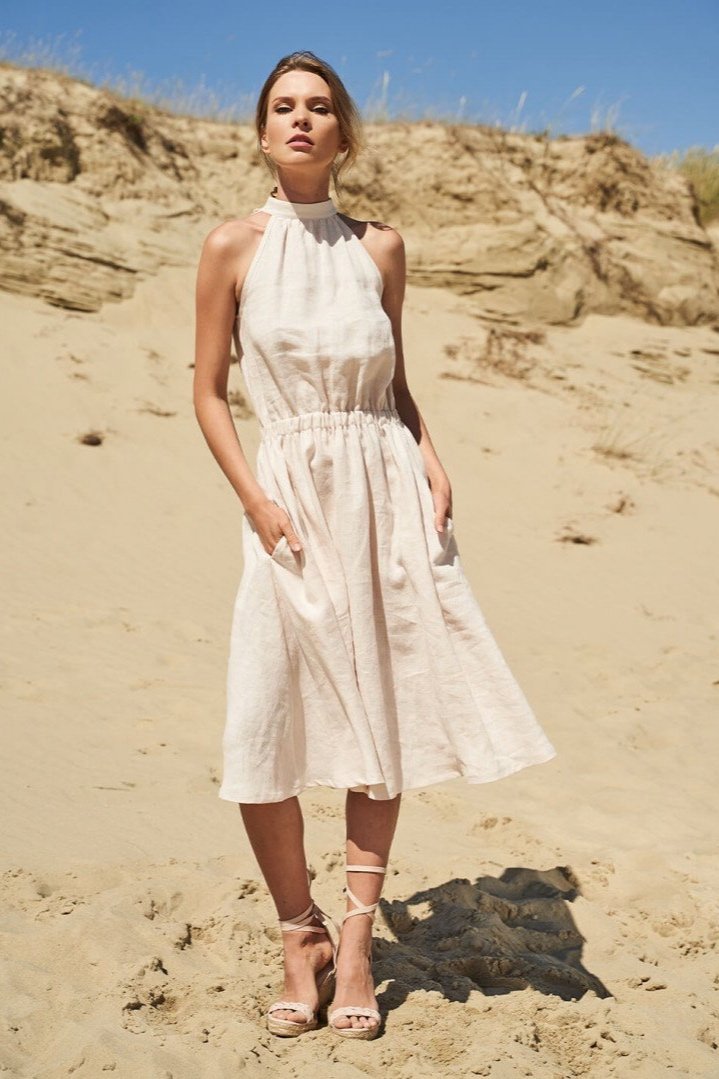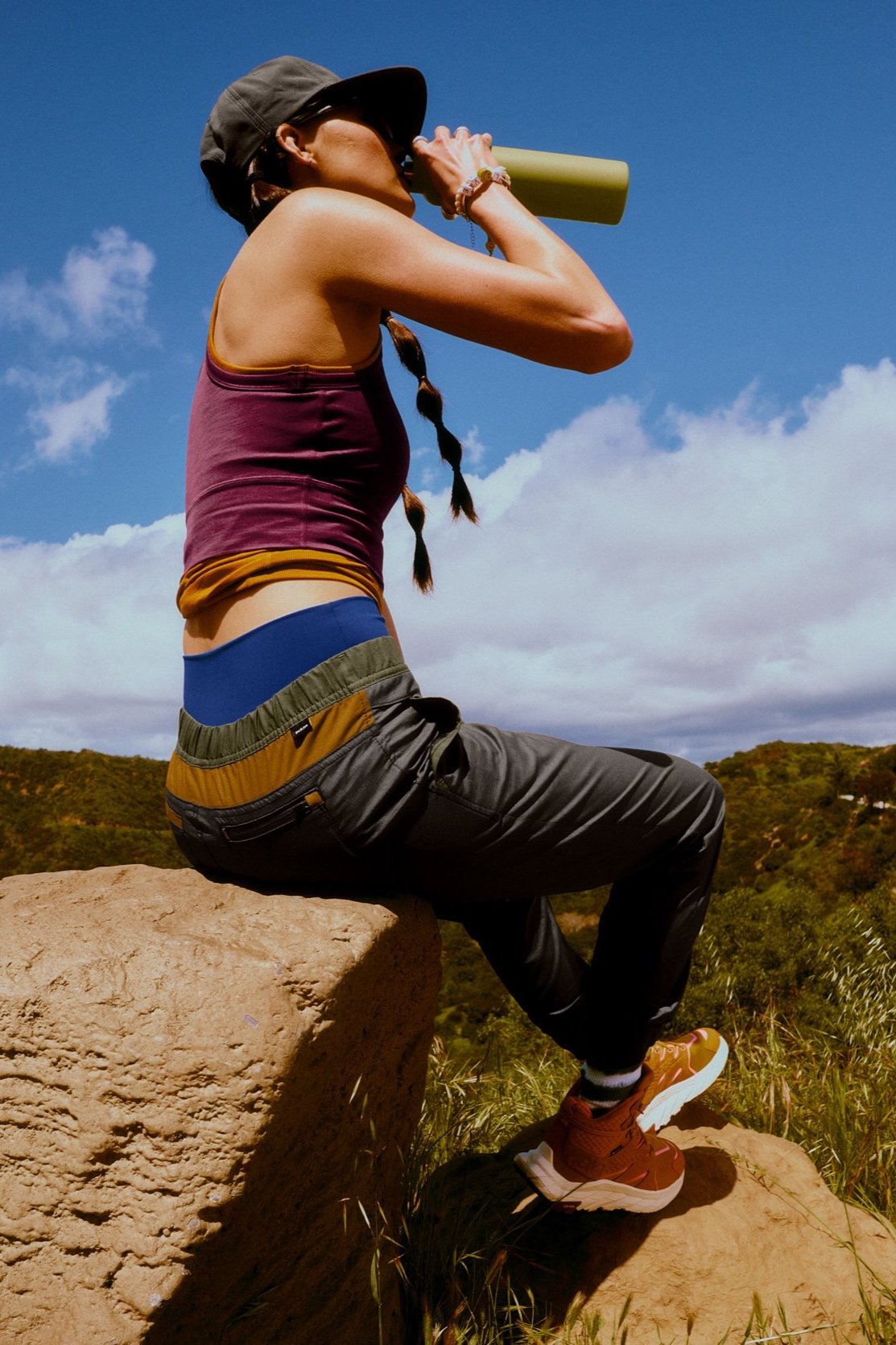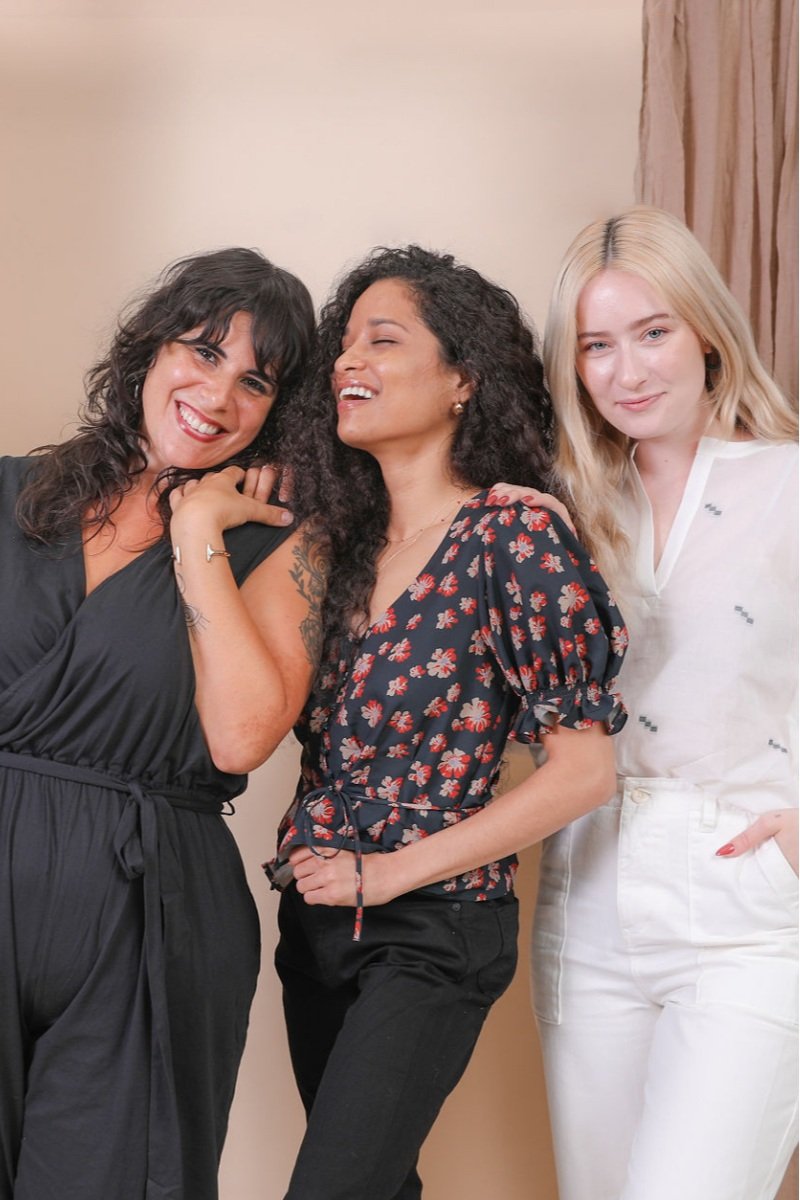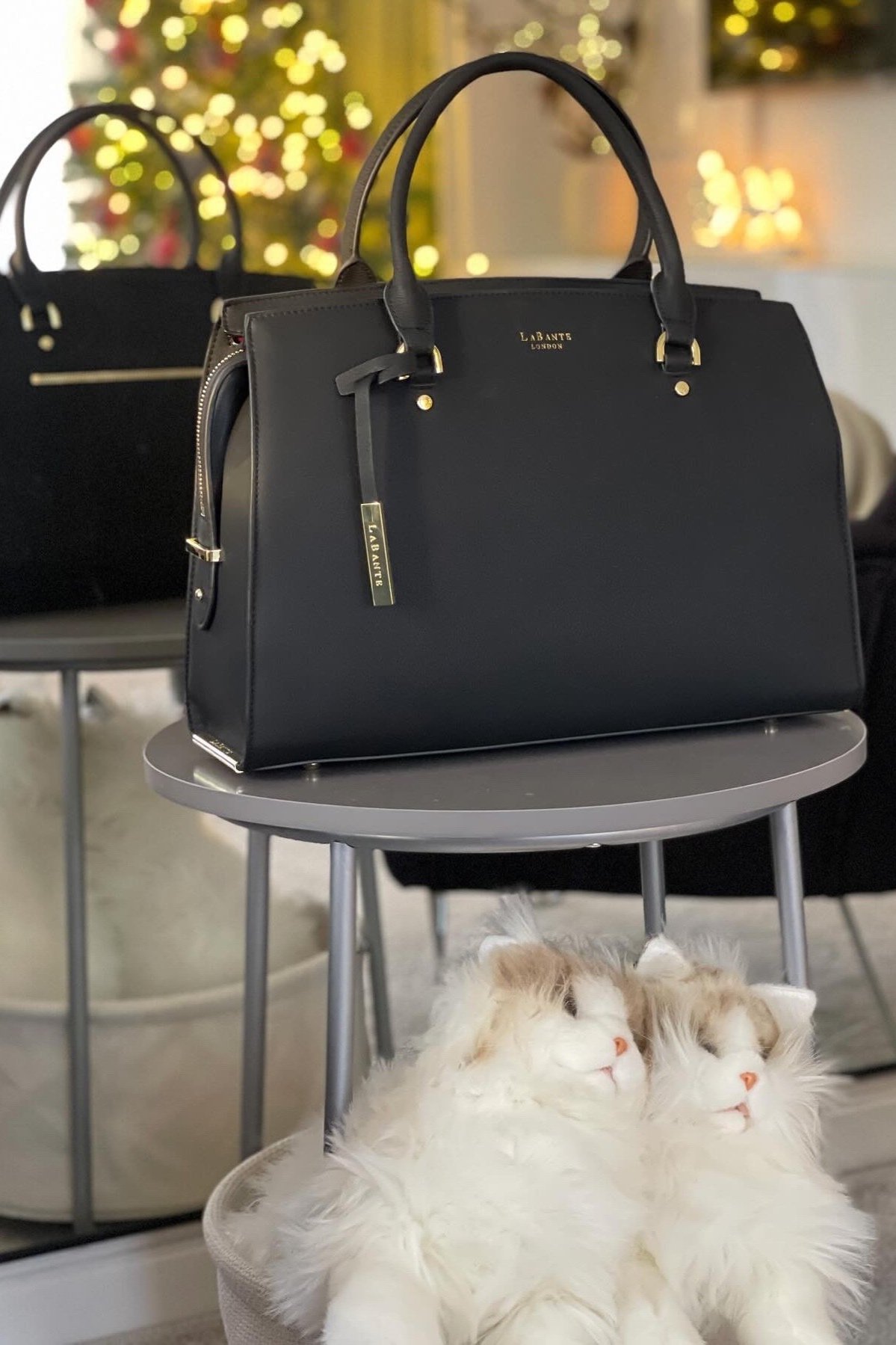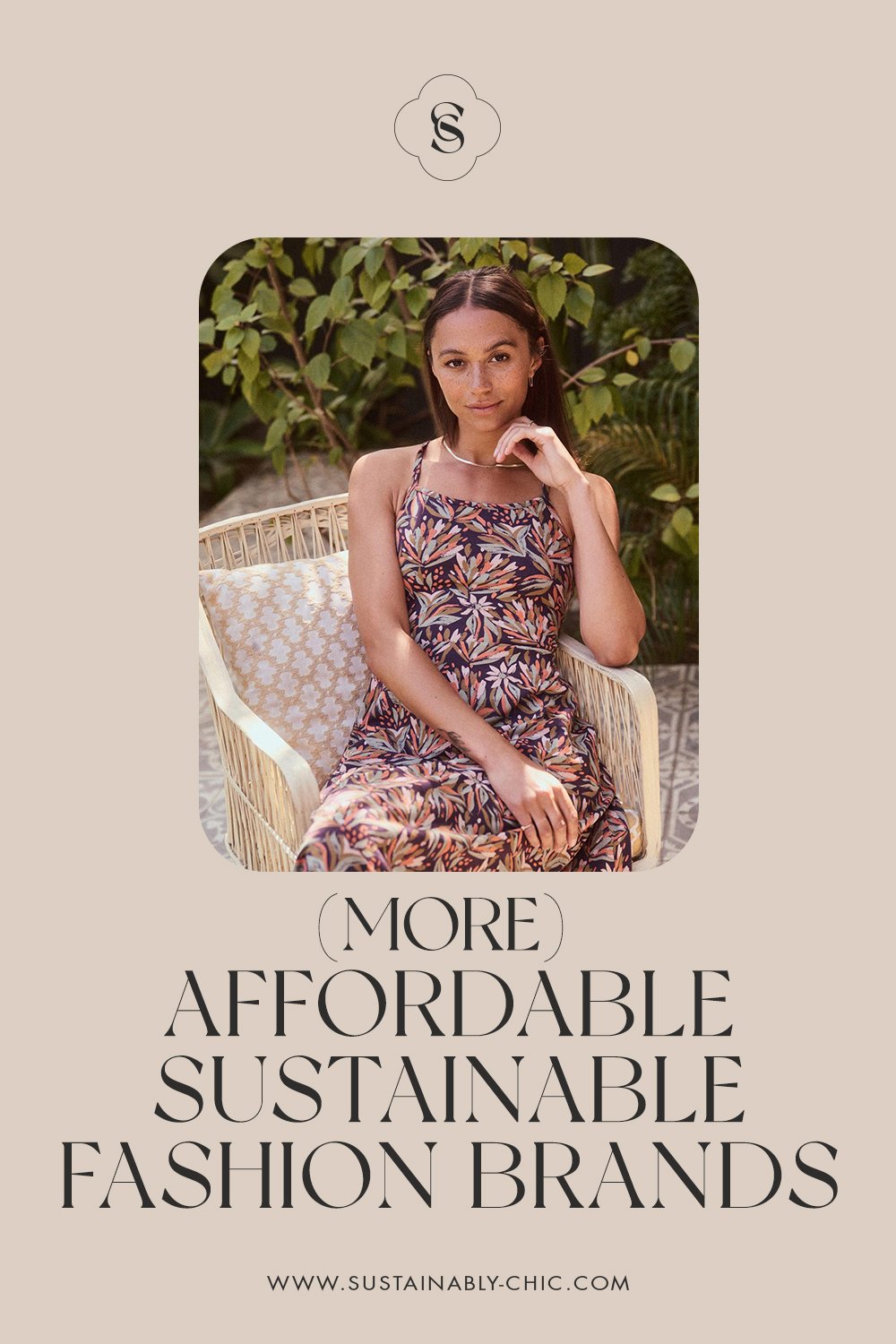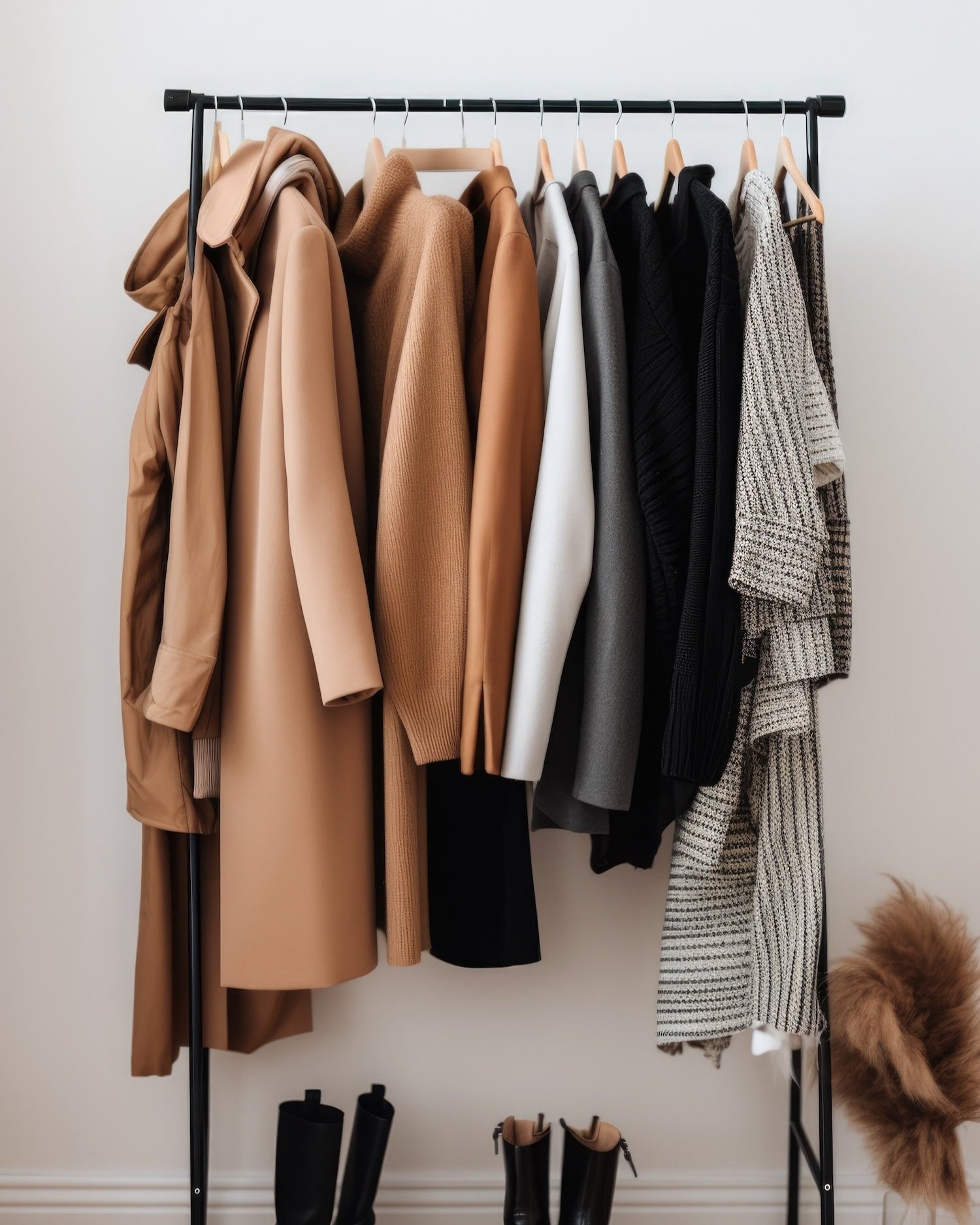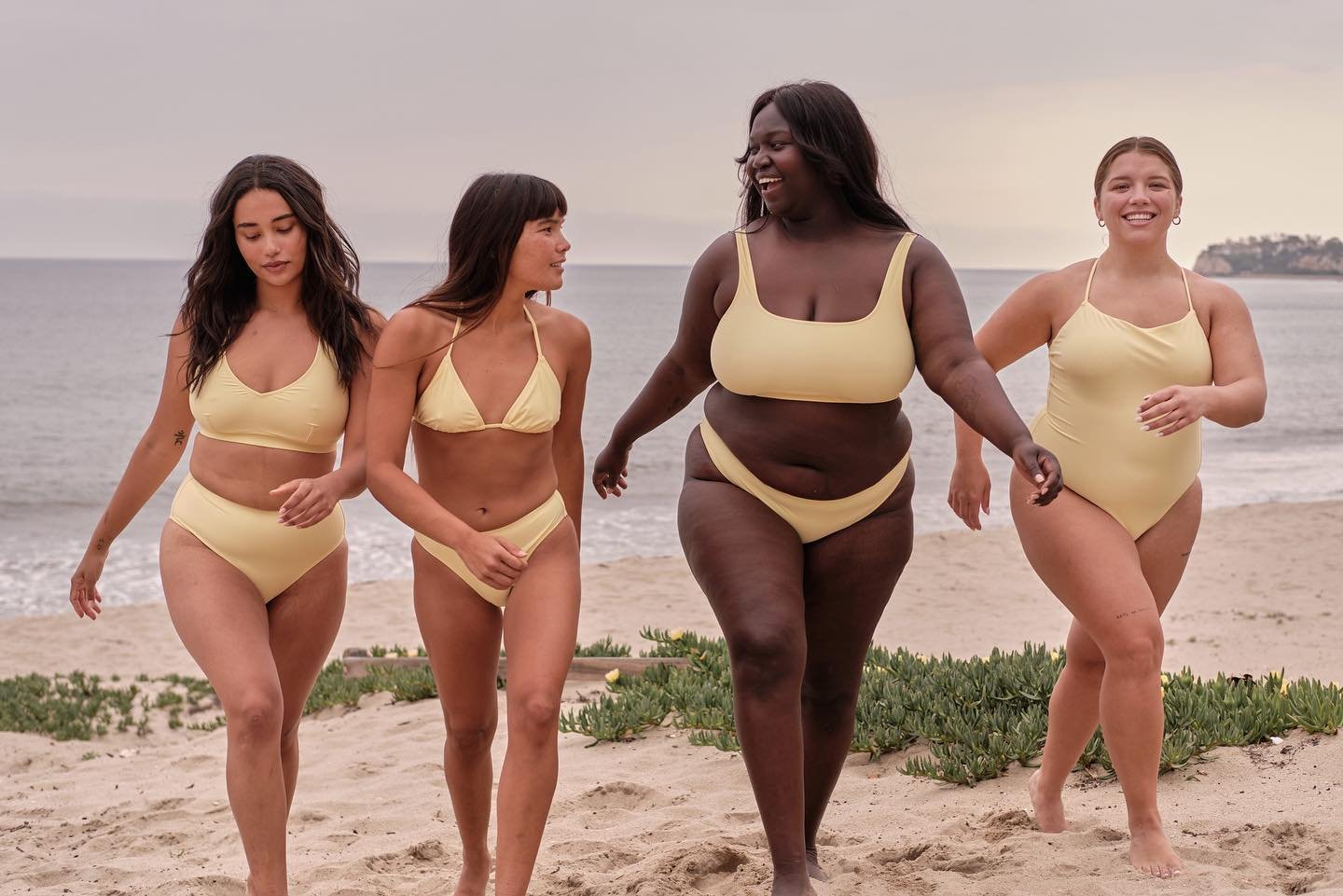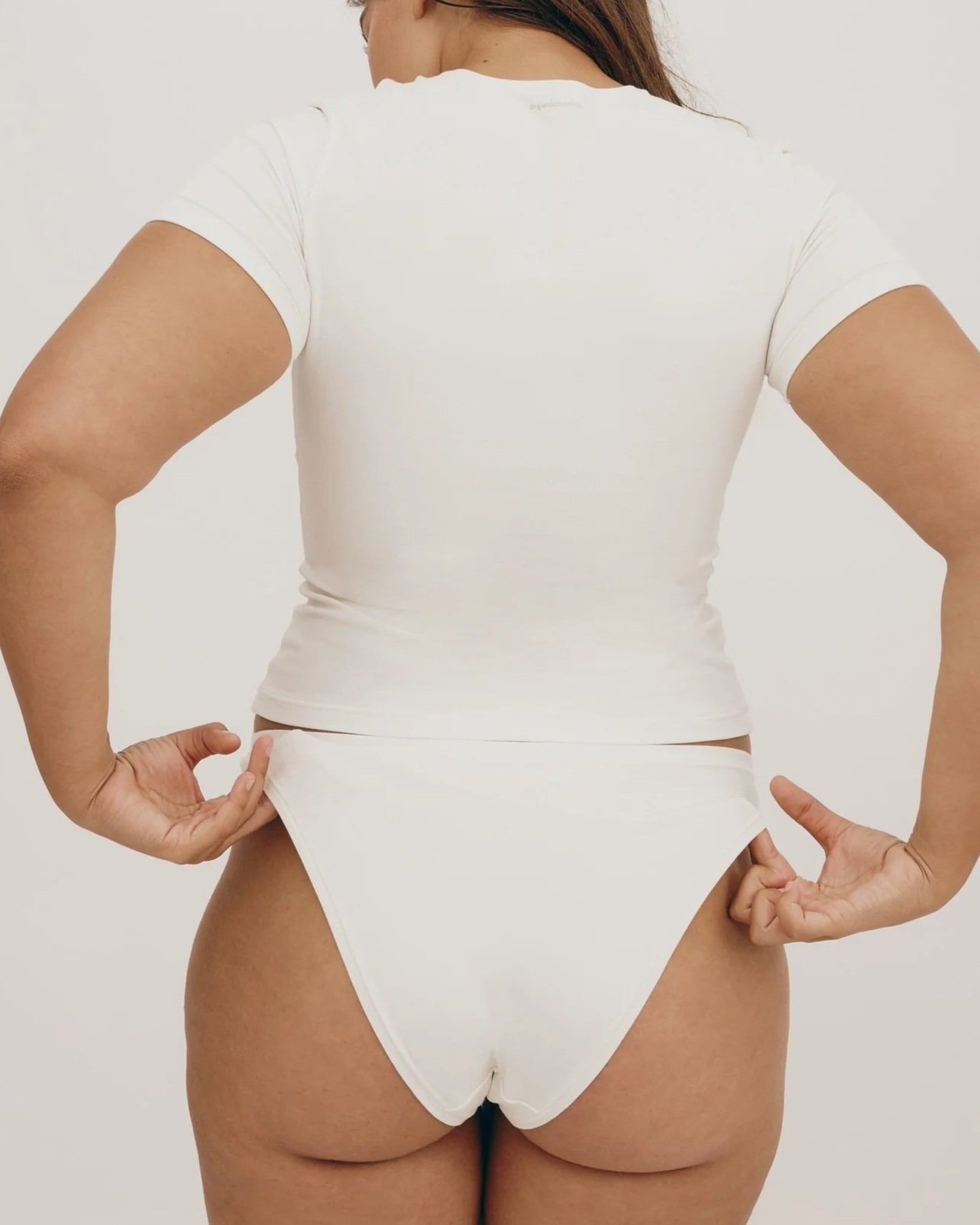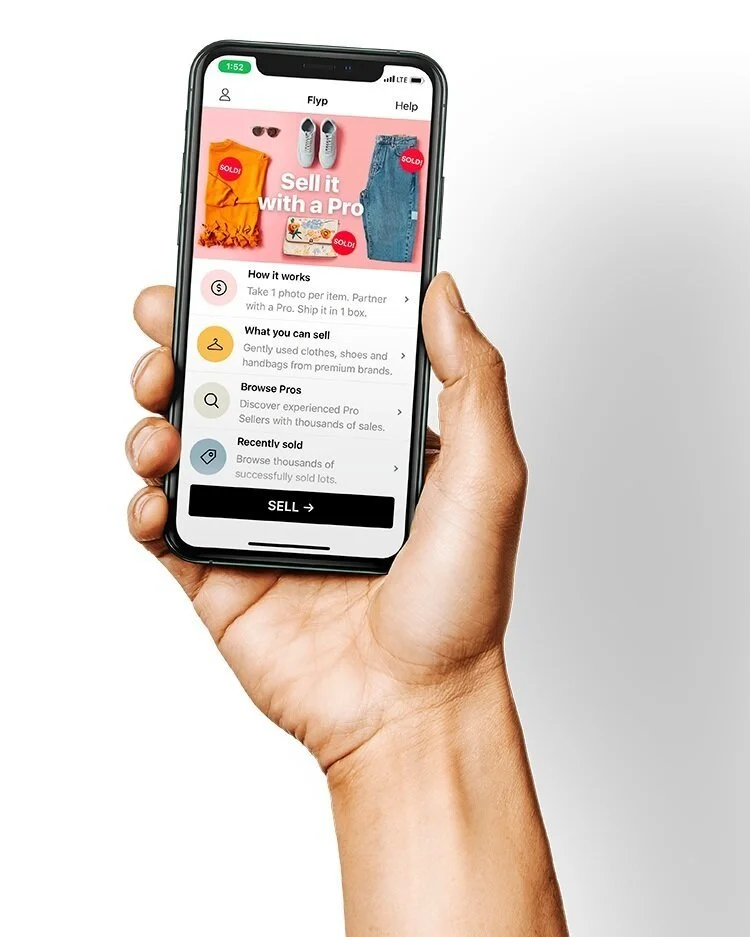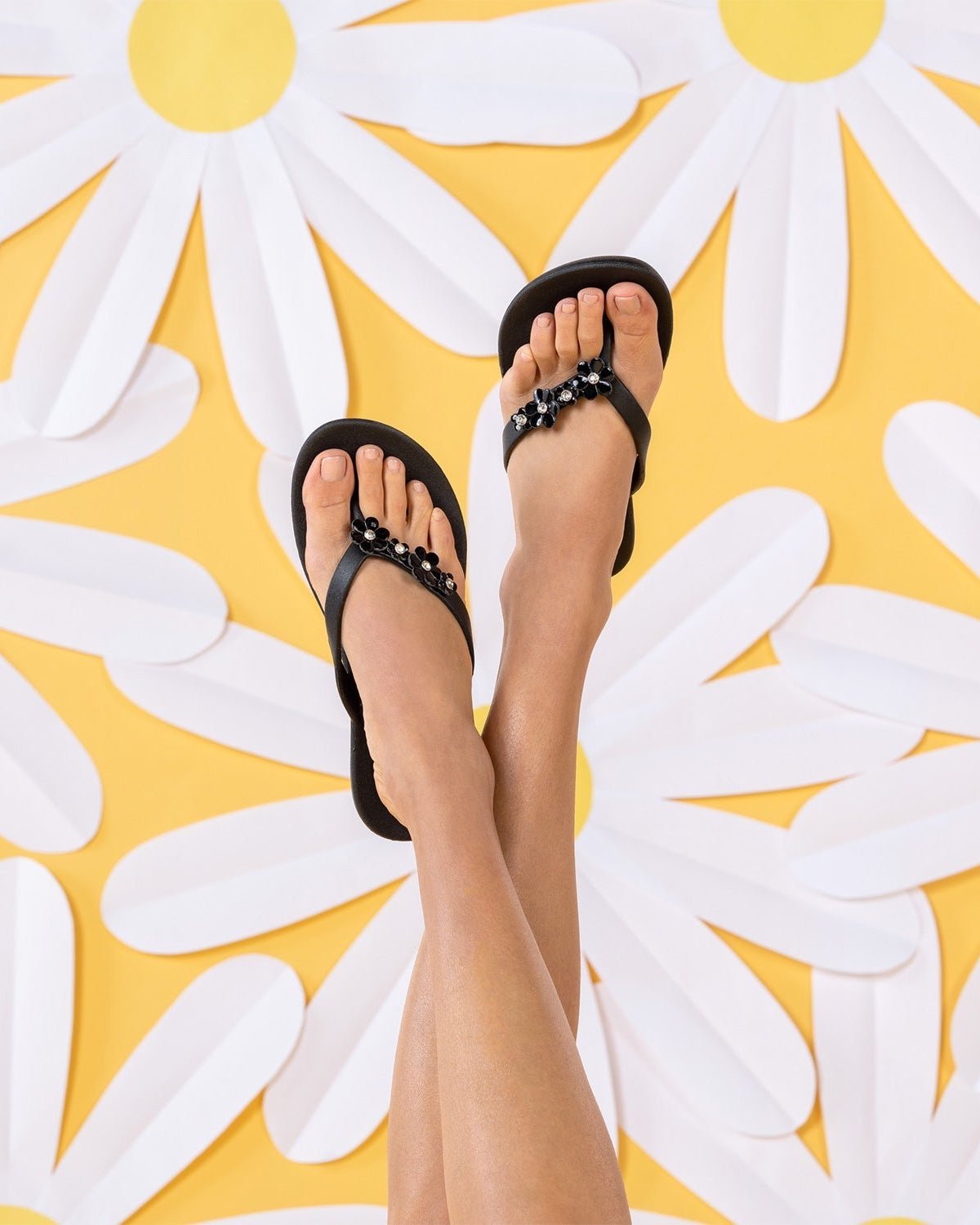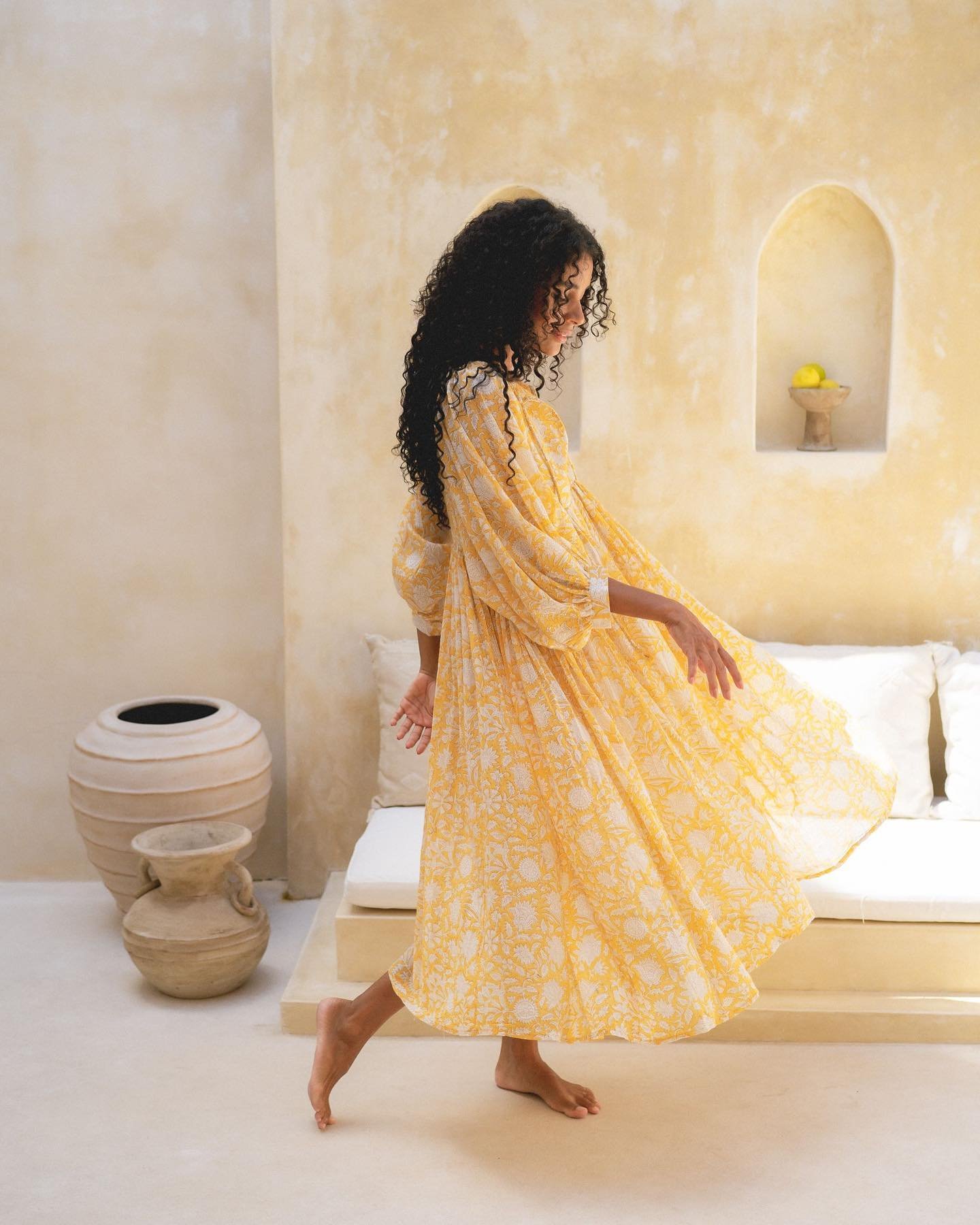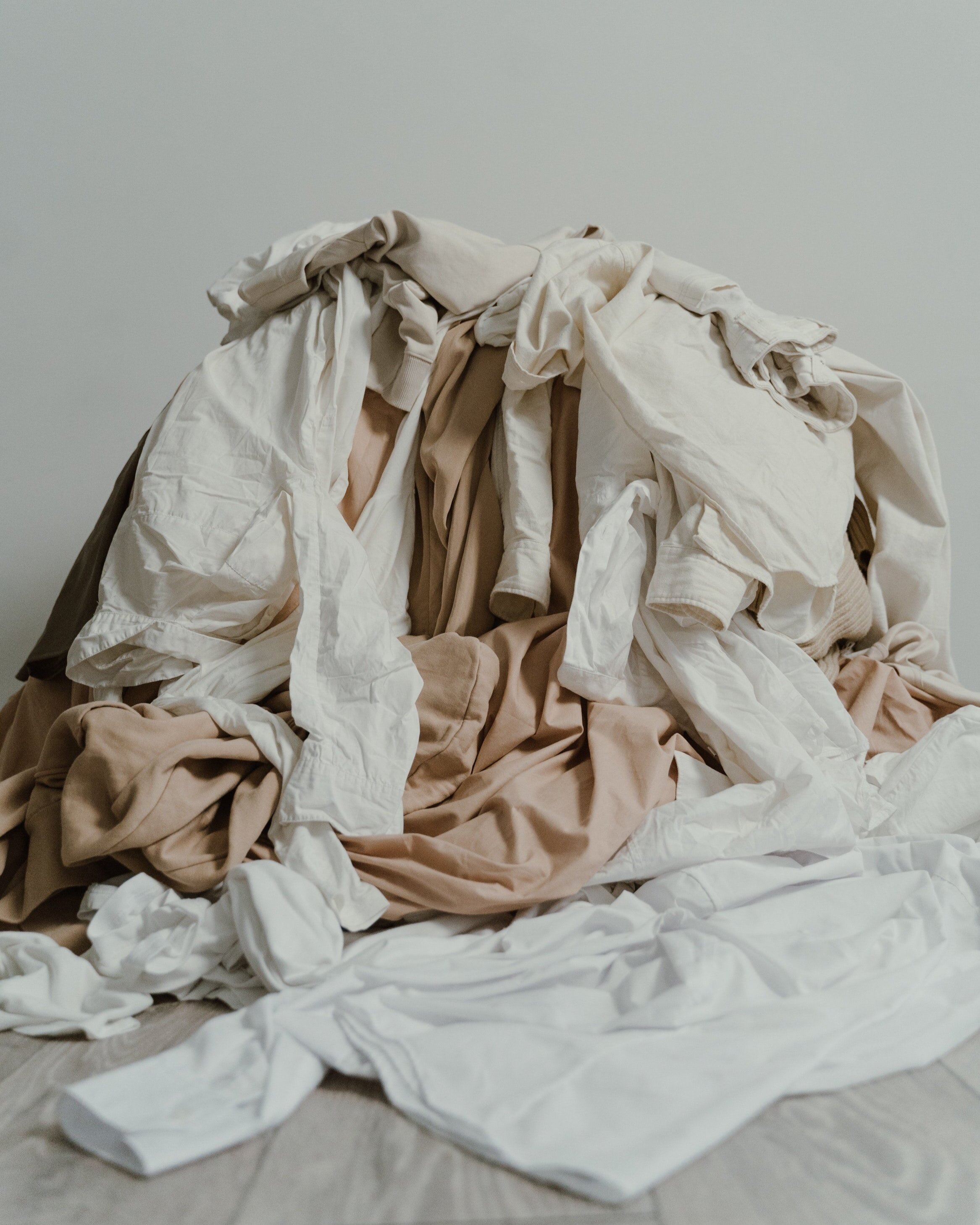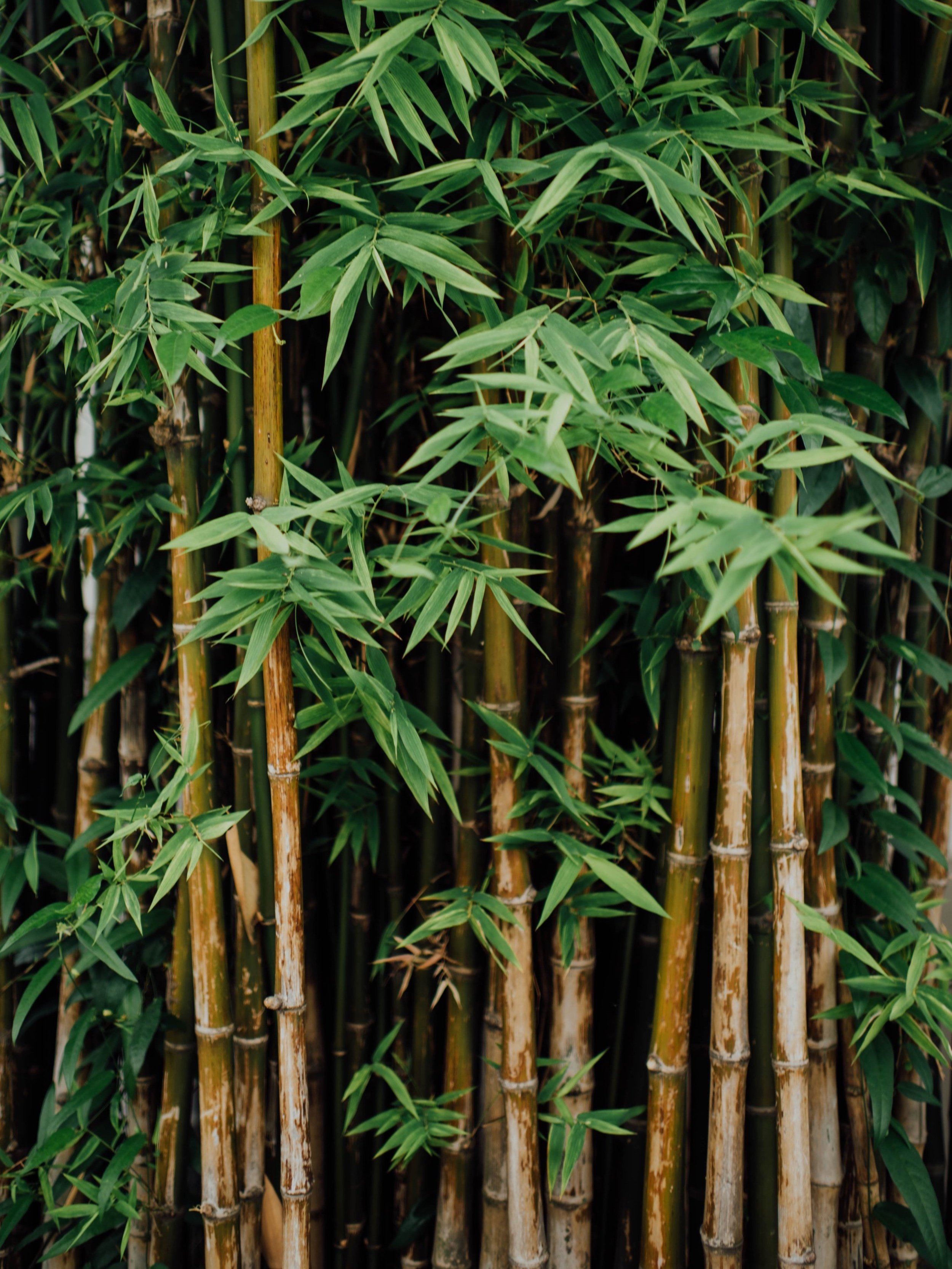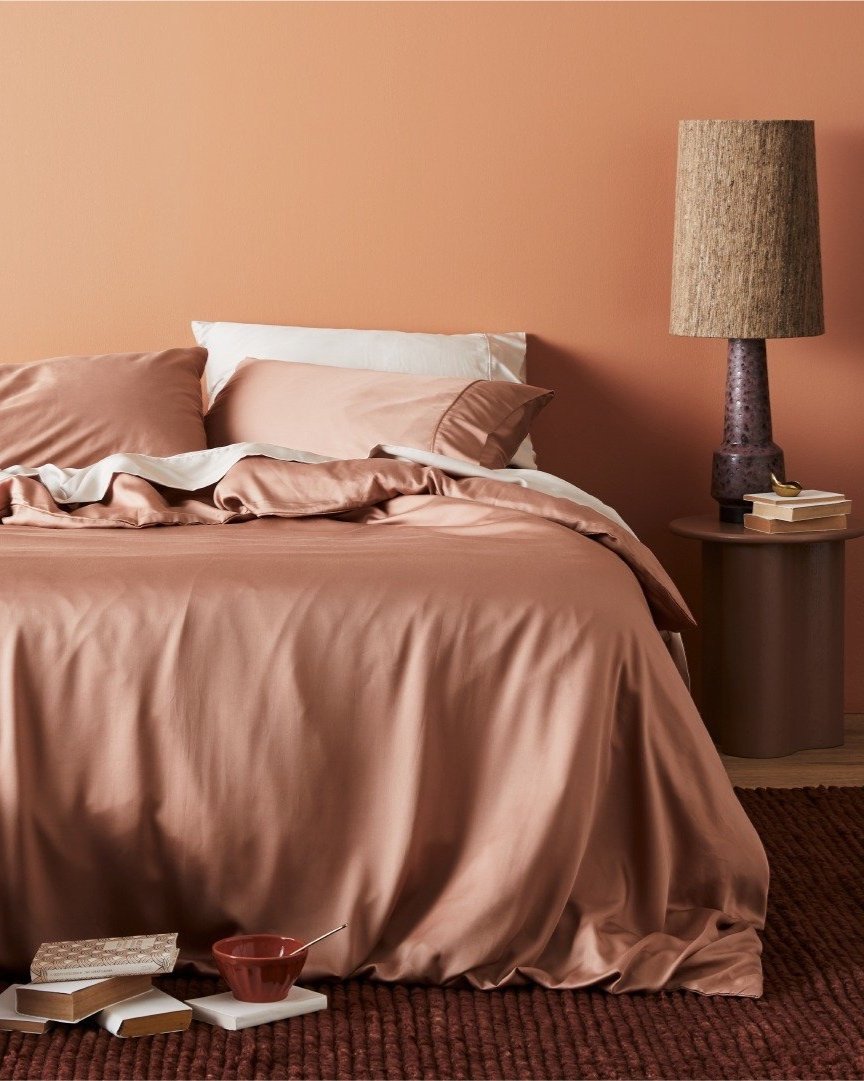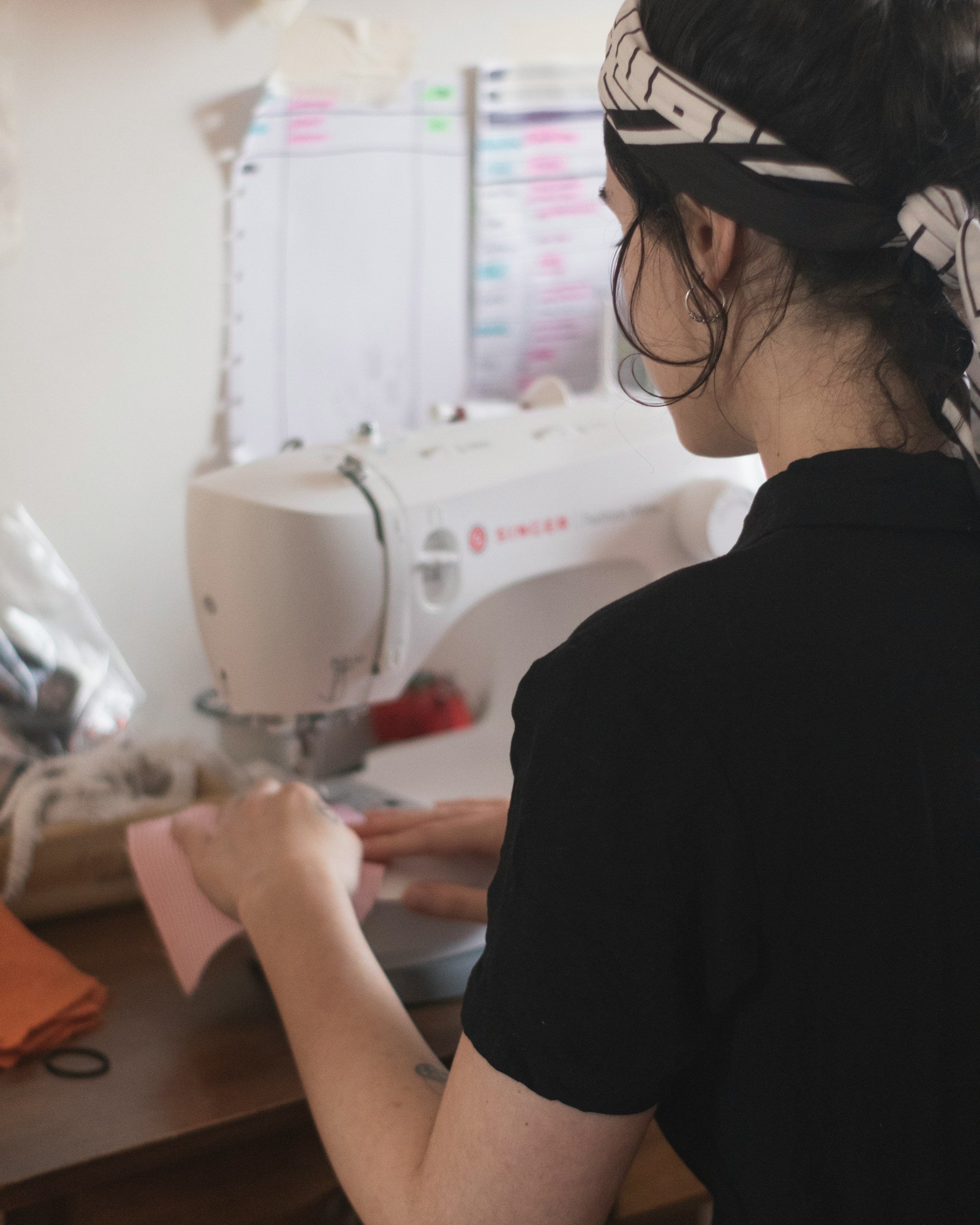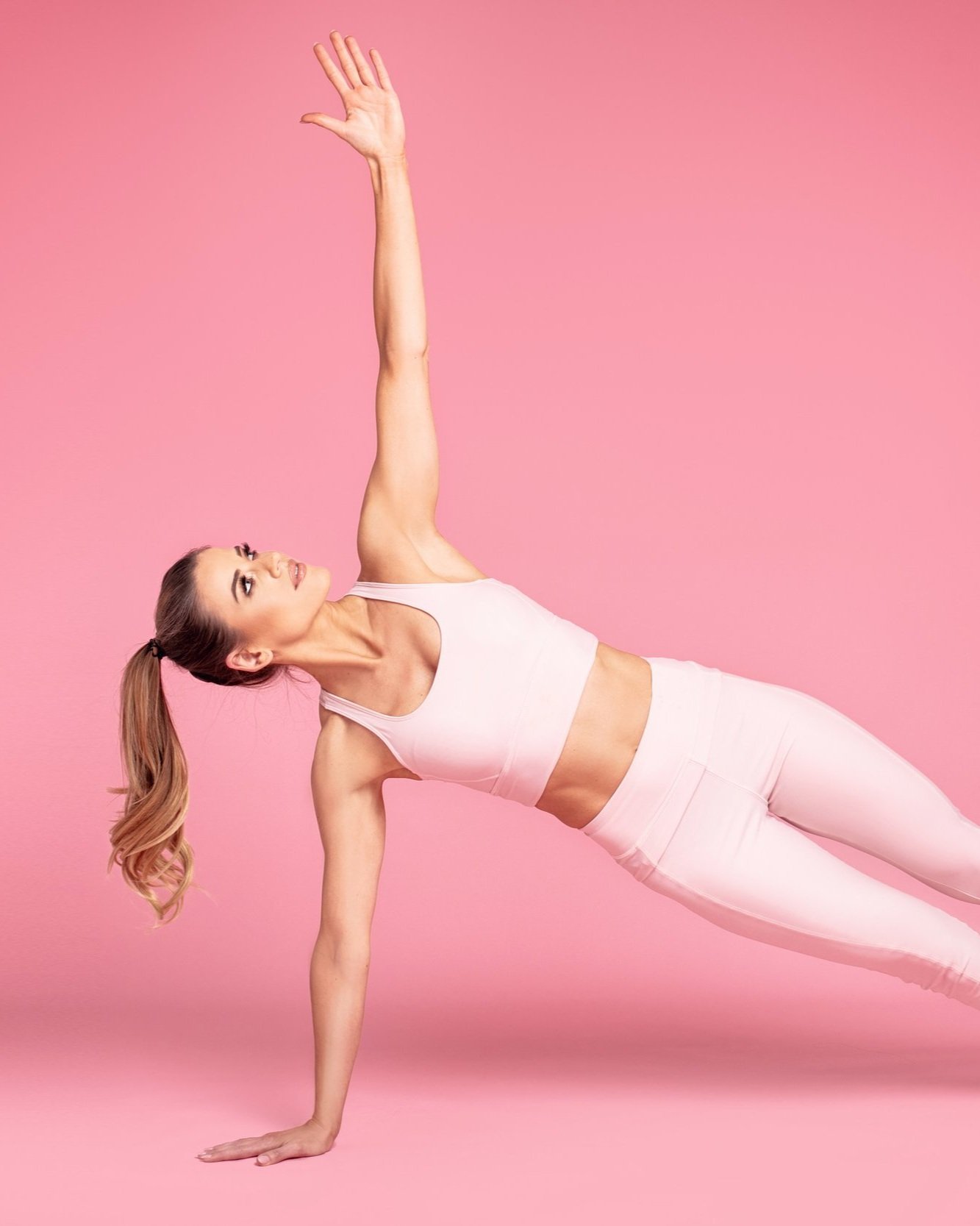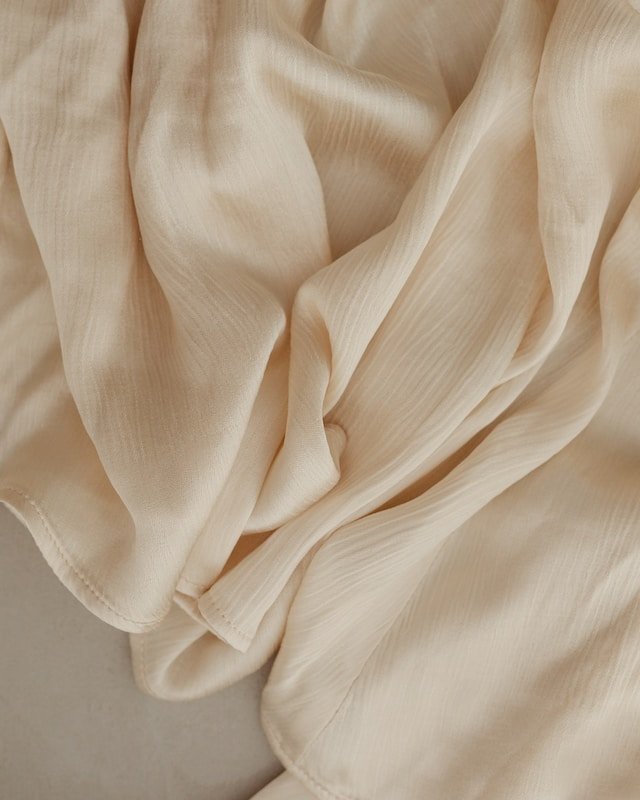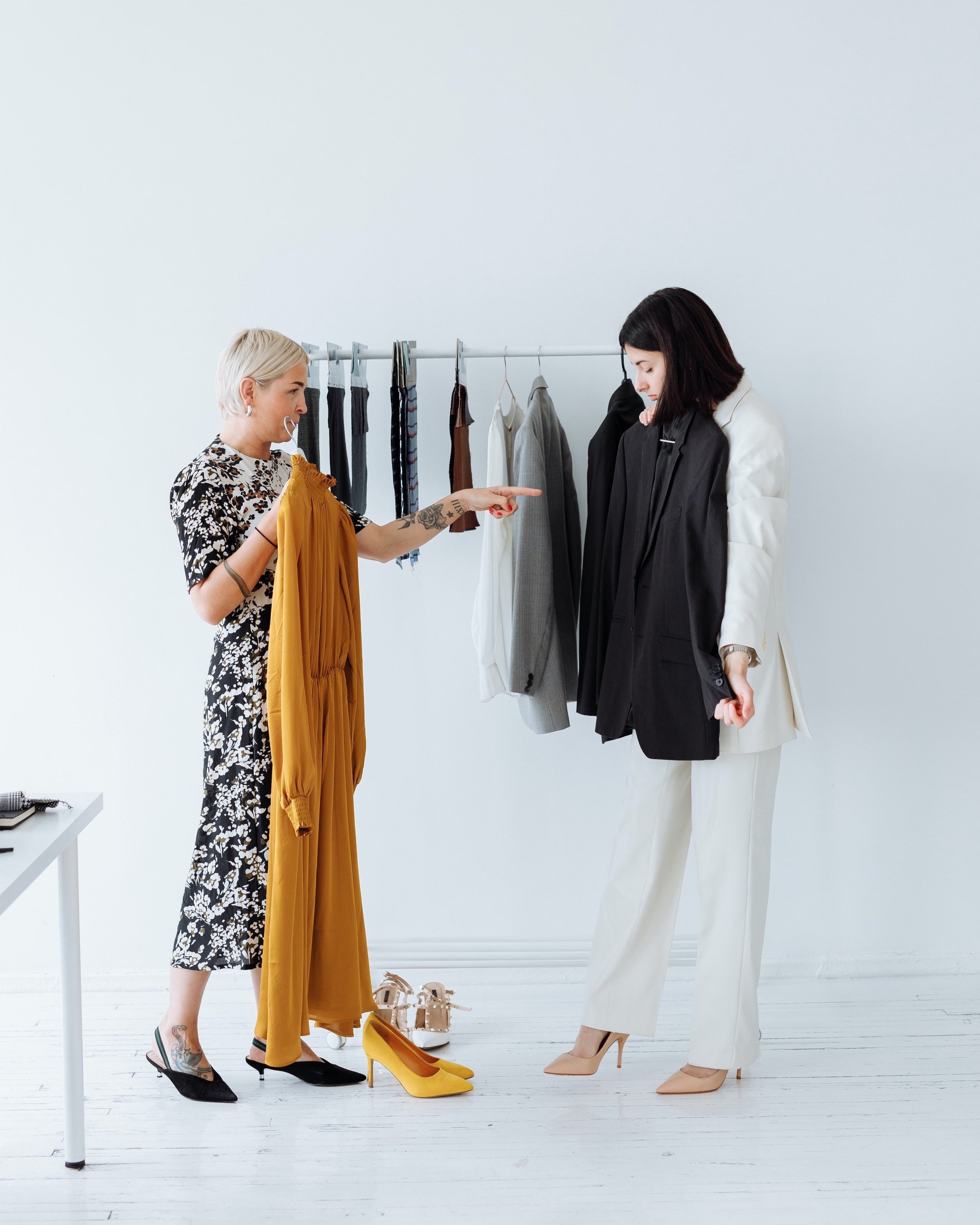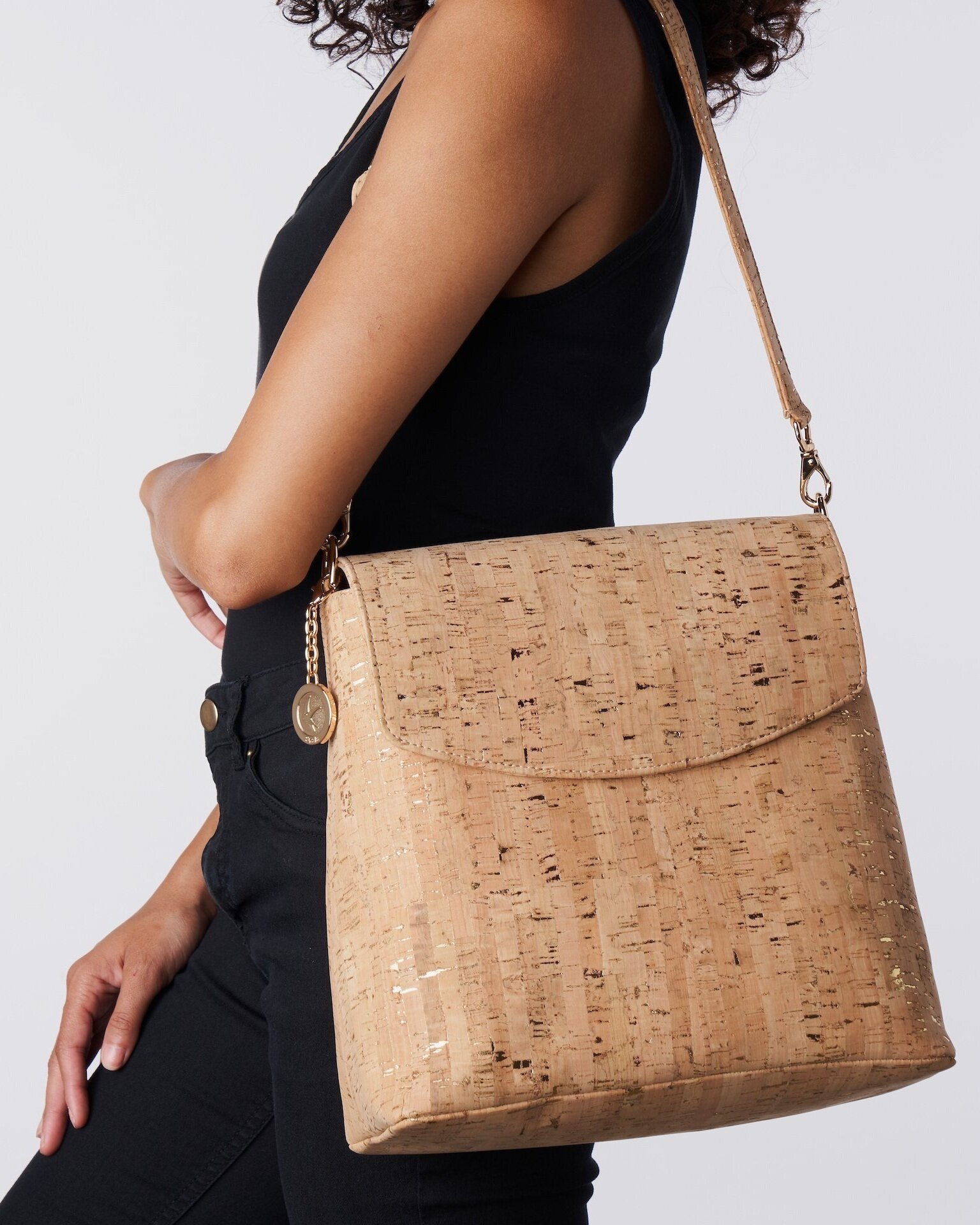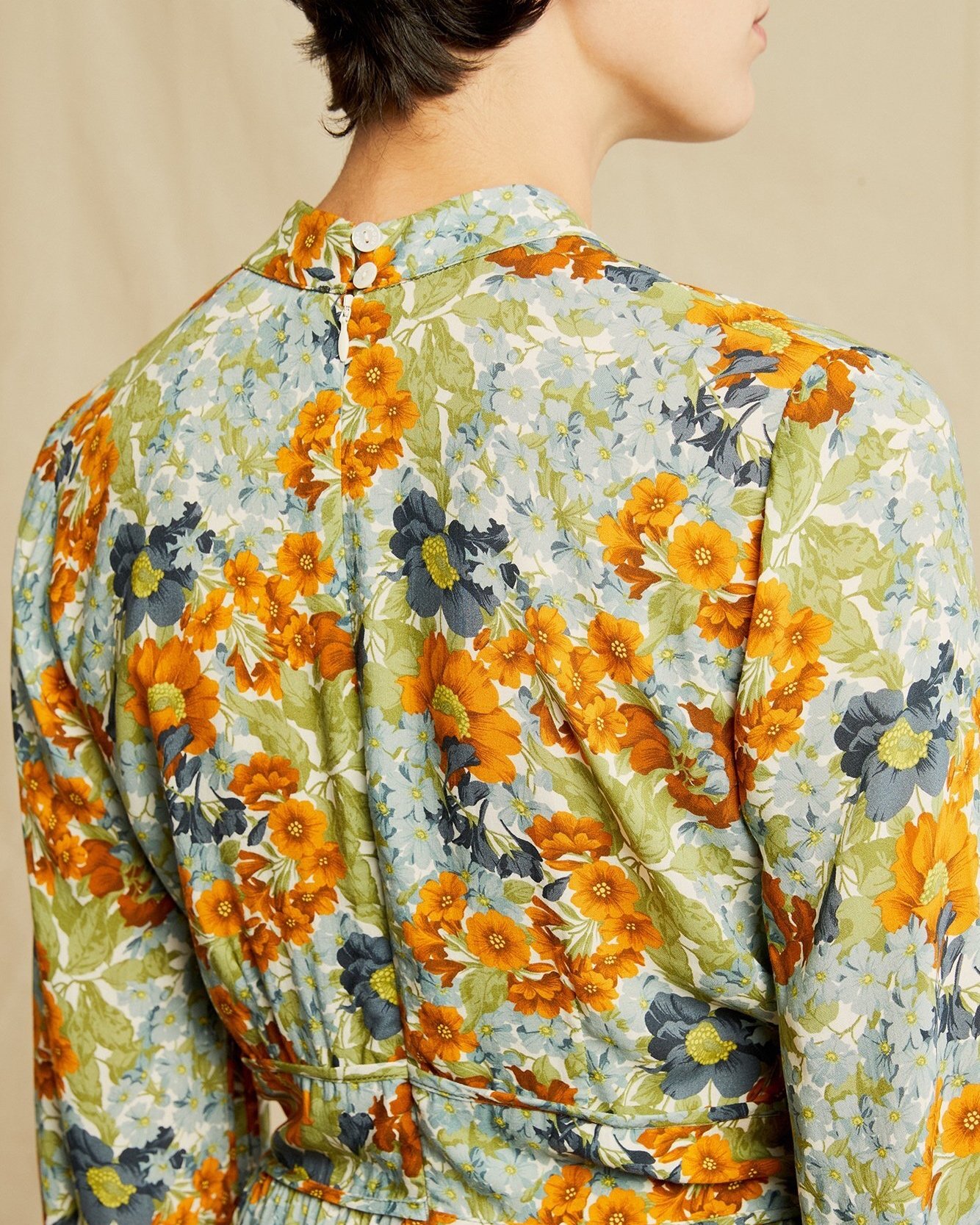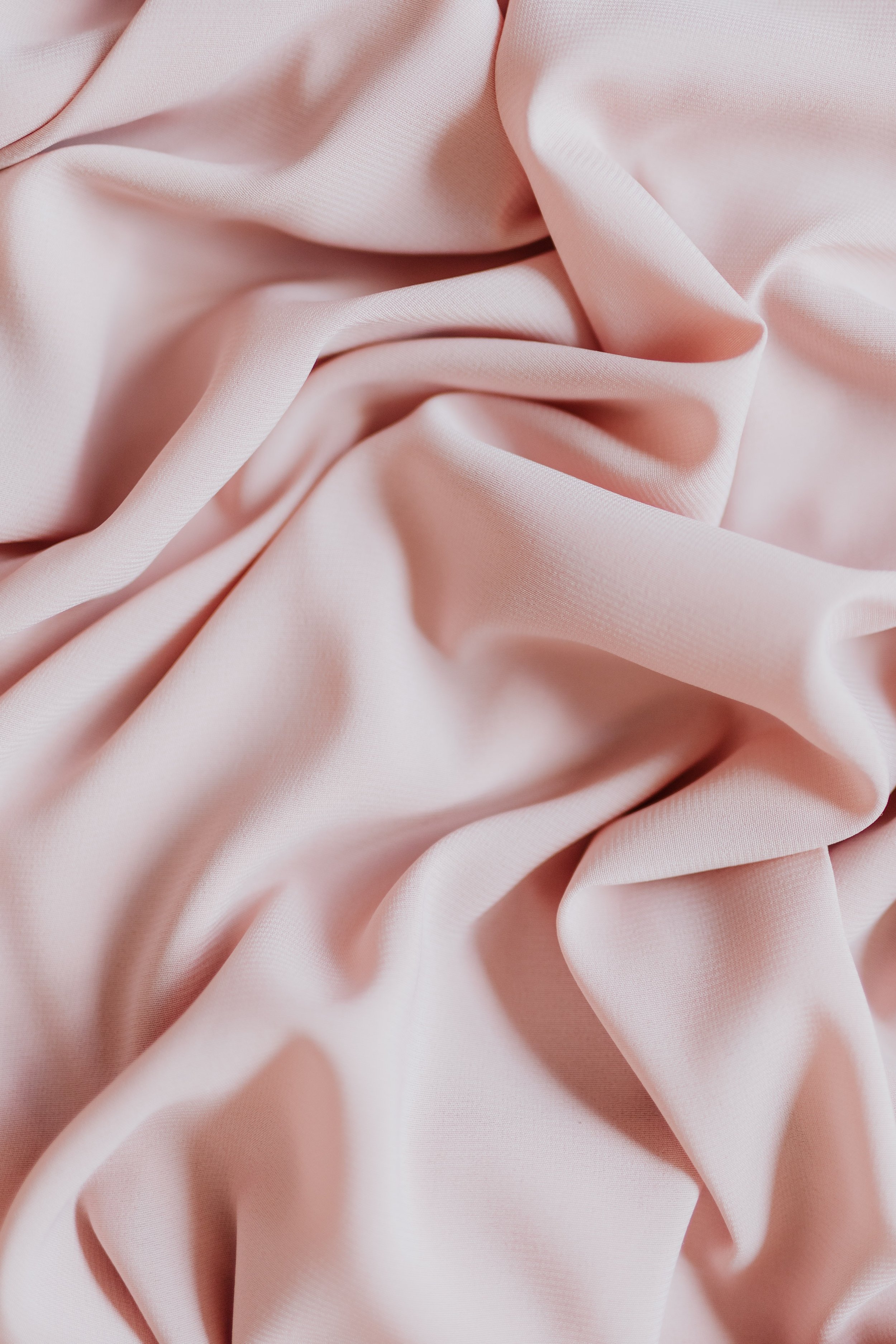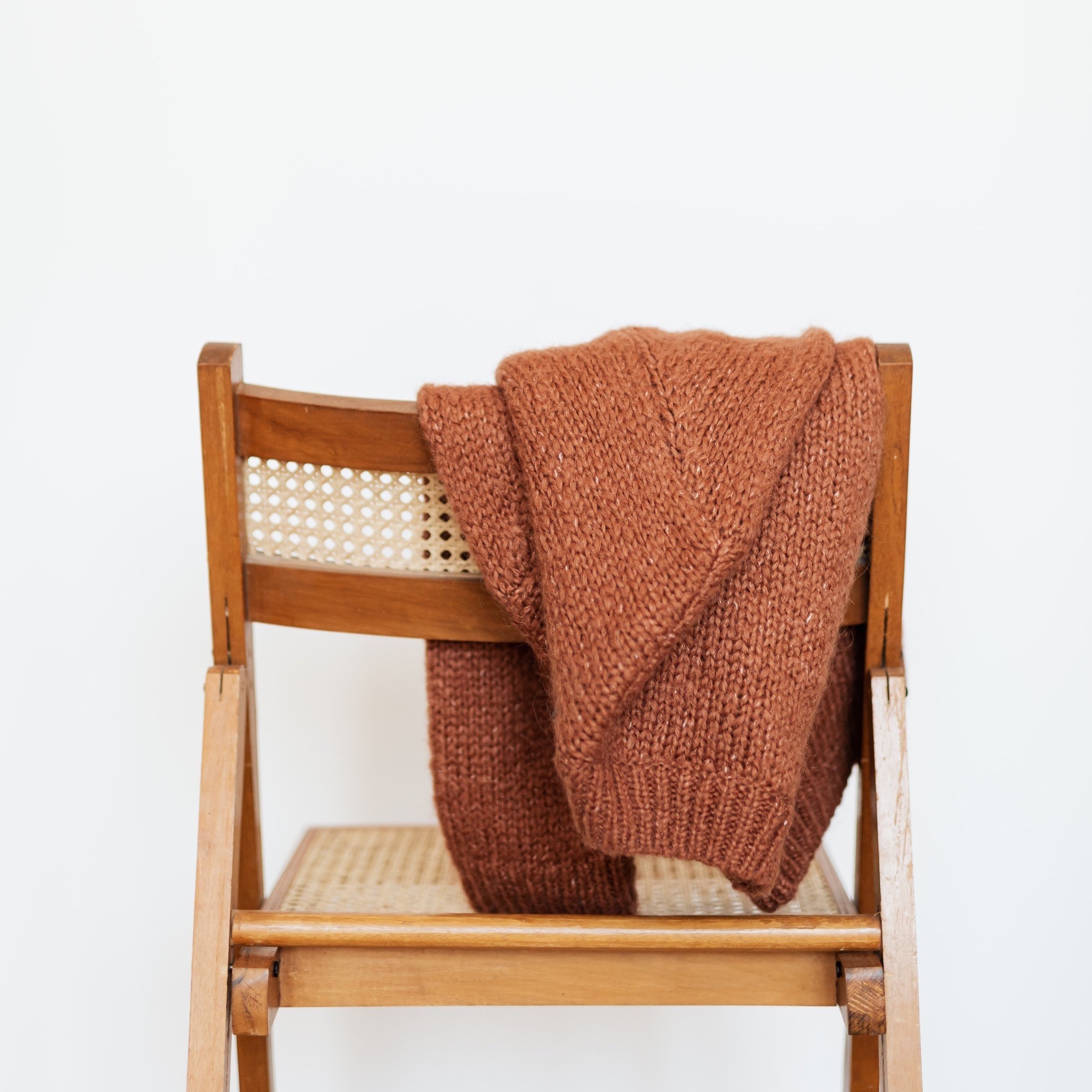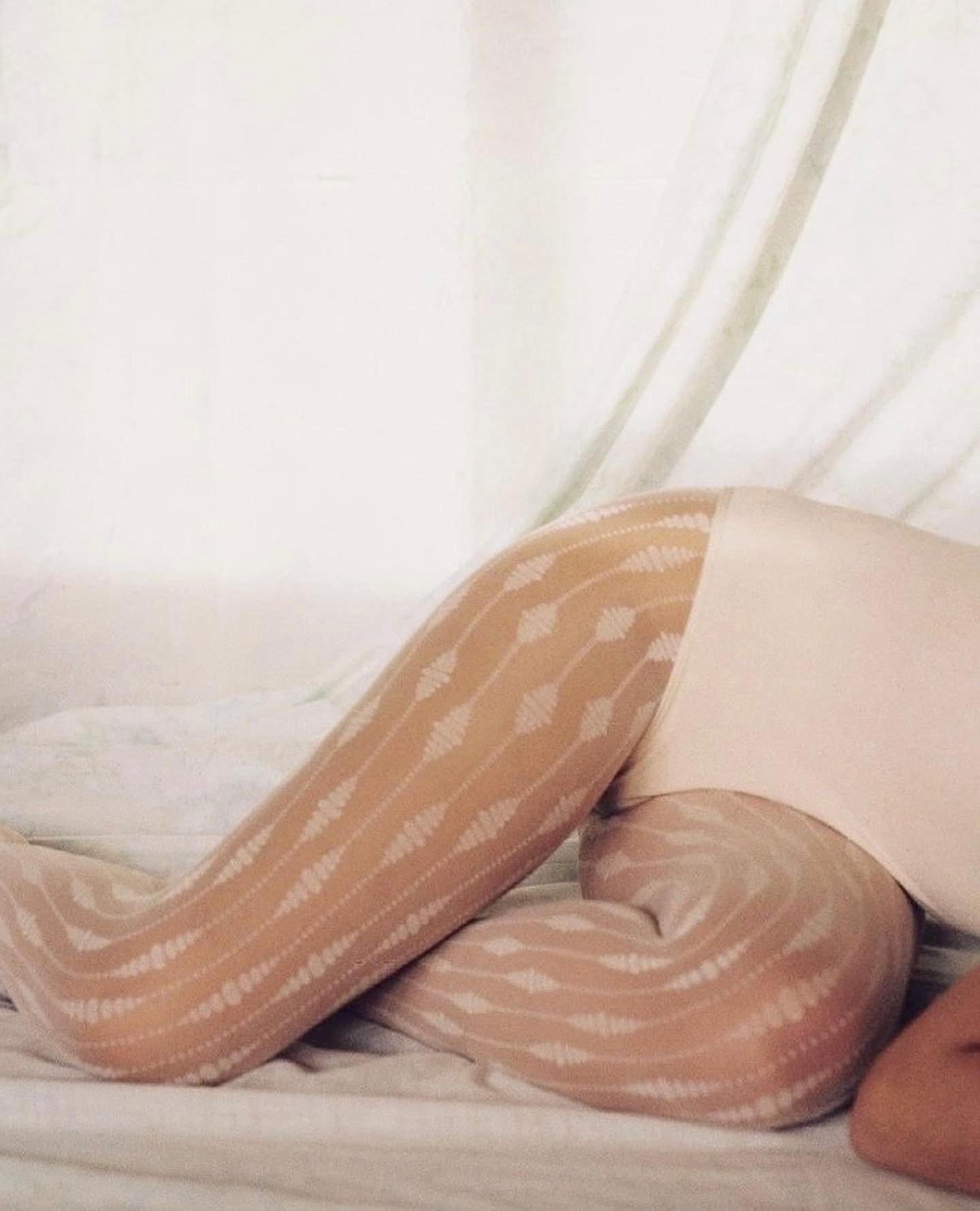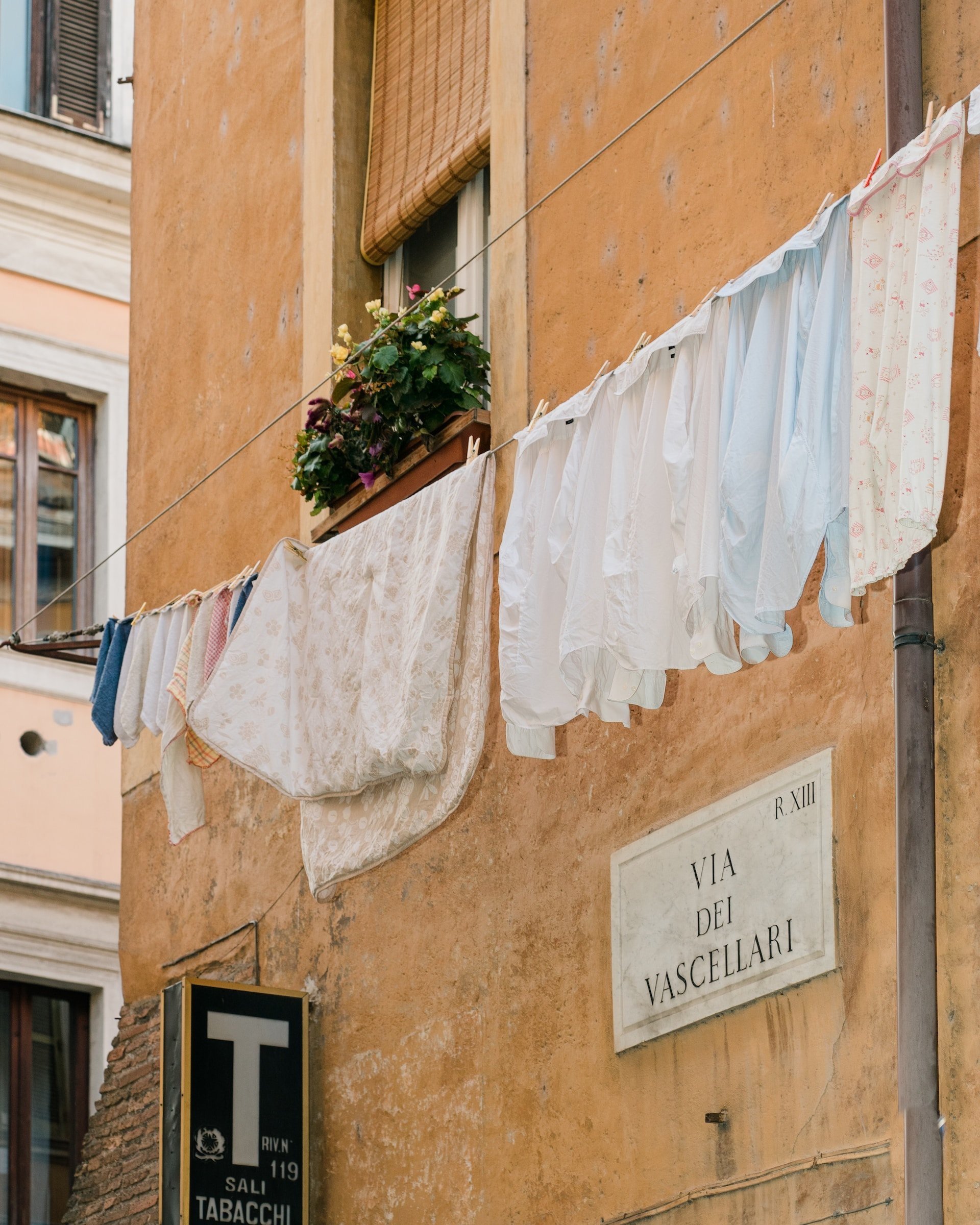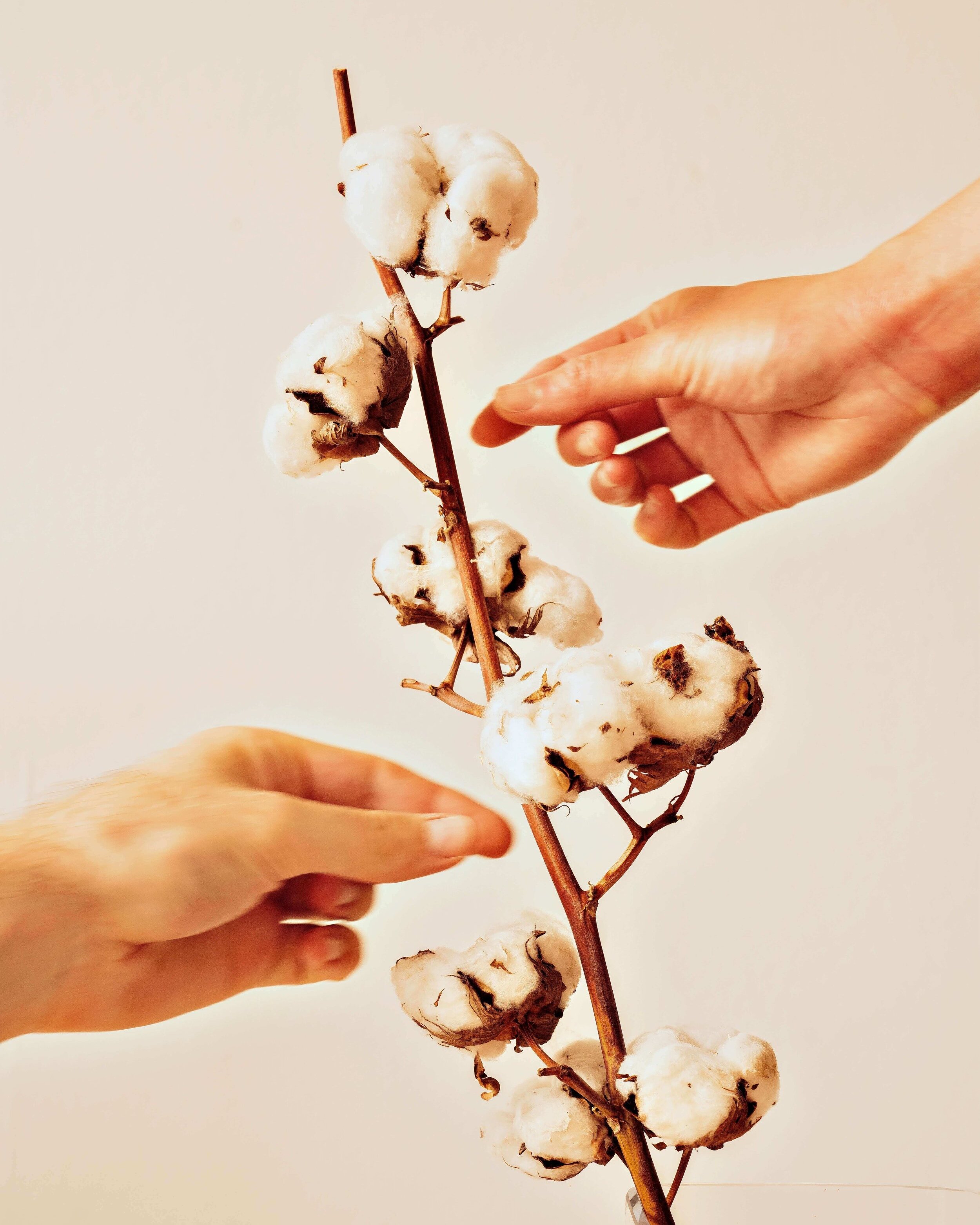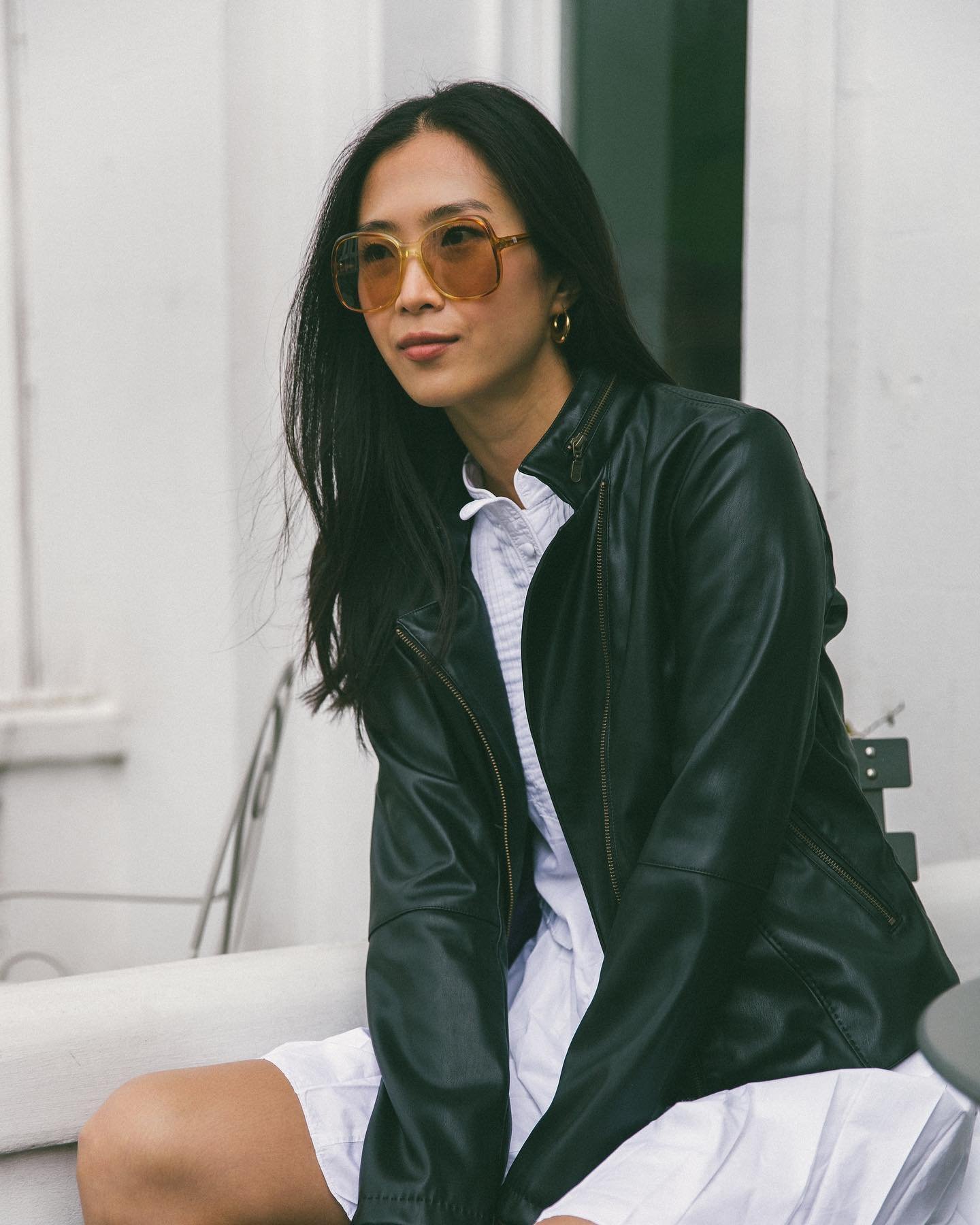Image: ABLE
Disclosure: Some of the links below are affiliated; we may earn a small commission if you click through and make a purchase. We only feature brands that align with our values and contribute to a better fashion industry. Thank you for supporting these brands - and us!
30 of the most Affordable Sustainable Clothing Brands
Looking for sustainable and ethical fashion options that won't break the bank? You're in luck!
We have curated a list of exceptional sustainable brands that have garnered our affection over the years. These brands offer conscious clothing, shoes, and accessories without compromising on quality or style, and they are more affordable than the majority of sustainable fashion brands. While we always encourage making the most of what you already own, we understand the thrill of adding a new piece to your wardrobe. These brands are dedicated to revolutionizing the fashion industry, making it a fairer and more sustainable place for all. By supporting these brands, you are contributing to the sustainable and ethical fashion movement. Thank you for being a part of this positive change!
what is sustainable fashion?
When considering whether a garment is sustainable, it should adhere to several key criteria. First and foremost, sustainability entails being eco-friendly, meaning that the production process minimizes environmental impact. Second, it's important for the garment to be ethically made, ensuring fair labor practices and safe working conditions for the people involved in its production. Additionally, sustainable garments should be durable and long-lasting, reducing the need for frequent replacements and minimizing waste. In terms of materials, we prioritize non-toxic clothing brands that utilize fabrics safe for both our bodies and the environment. This includes materials that are biodegradable, organic, or recycled. While this list isn't exhaustive, these are the fundamental characteristics we consider when curating products for Sustainably Chic. To help consumers make informed choices, we provide a simple checklist in this post here detailing what to look for in sustainable fashion. This post also offers further insight into sustainable fashion and how individuals can actively support the movement.
what is ethical fashion and what makes a clothing label ethical?
Ethical fashion encompasses a set of values and practices that prioritize fair treatment for all individuals involved in the production process. This includes ensuring that workers are compensated fairly for their labor, from the farmers growing the cotton to the manufacturers producing the garments. You will look for different things when shopping ethically, depending on your values. For example, if you are vegan, you would ensure the product does not contain animal products.
Ultimately, ethical fashion represents a commitment to respect, fairness, and sustainability throughout the entire supply chain.
why should you support sustainable fashion brands?
Did you know humans are now consuming 400% more clothing compared to 20 years ago? & that the average American generates 82 pounds of textile waste every single year? We are buying more clothes than ever, but we’re wearing them a lot less. We can mainly explain this by the explosive growth fast fashion has known in the past two decades. But this over-consumption of cheaply-made clothes is leading to the huge growth of textile waste, pollution, and the depletion of natural resources. It is raising social issues that we can no longer ignore, such as human rights violations.
The best thing we can do, as consumers, is to stop supporting this industry. We should avoid fast fashion brands and start supporting sustainable clothing brands, loving what we have, or purchasing secondhand.
why is sustainable fashion so much more expensive than conventional / fast fashion?
Because people are finally being treated their worth and paid a fair wage! Fashion isn’t cheap, but we’ve been conditioned to believe it can be. Creating clothing takes many hours, especially when using conscious, quality fabrics and paying people fairly for their work. Fast fashion is how we continuously support poverty worldwide, and the entire concept is inherently unsustainable and damaging our planet.
Read more about its effect on the environment here.
how to obtain an even better deal if you are on a strict budget
We’ve made this list of brands carrying most of their pieces under $150, but make sure to sign up for newsletters so you can receive information on sales to get an even better deal if these price points are still out of your budget. In addition, we’ve added a couple of coupon codes with brands unique to Sustainably Chic you can use on your entire purchase. As always, the most sustainable option is already in your closet so never get rid of things just because they aren’t from a sustainable brand. Also, purchasing secondhand clothing will be one of your best deals!
While we don’t want to promote you going into debt, some of these brands offer options like AfterPay if you can easily budget that weekly.
Brand Rating Guide:
❤︎ = we like ❤︎❤︎ = we really like ❤︎❤︎❤︎ = we LOVE
Click here to learn how we rate brands on Sustainably Chic
our top picks for affordable Ethical & Sustainable Clothing Fashion Brands:
1. Pact
❤︎❤︎❤︎
For: Men & Women
Categories: Everyday Clothing, Basics, Activewear
Price: $20-138
Size Range: XS-3XL
Pact is an American brand known for its comfortable, high-quality, and effortless styles that are perfect for daily wear.
It’s also probably one of the most affordable sustainable fashion brands today.
With most of their products priced under $100, you can easily invest in some new organic cotton pieces without breaking the bank.
Everything washes well and stays nice & soft - and are made from organic cotton (GOTS).
code: SustainablyChic for 15% off
2. Carve Designs
❤︎
For: Women
Categories: Everyday Clothing, Basics, Accessories, Swim, Outerwear
Price: $34-188
Size Range: XXS-XL
Carve is a company that was founded with a deep connection to the beach and a strong inspiration drawn from the outdoors.
The brand takes pride in creating fashion-forward designs for everyday wear, with a focus on using sustainable materials.
Their range includes swimwear made from recycled bottles as well as a variety of tops, jeans, and dresses. Carve is known for their commitment to offering wardrobe staples that are not only stylish but also environmentally conscious.
3. Boody
❤︎❤︎
For: Men, Women & Babies
Categories: Underwear, Socks, Basics, Activewear & PJs
Price: $14-100
Size Range: XS-4XL
We typically don't feature bamboo fabric on this blog because of the harsh textile process associated with it.
However, some brands, like Boody, use closed-loop systems and zero-waste initiatives, which we fully support.
Despite the concerns, we must admit that bamboo fabric feels amazing to wear - you just have to find the more sustainable version (like Boody offers!). We believe that you'll also appreciate its comfort!
4. Girlfriend
❤︎❤︎❤︎
For: Women & Unisex
Categories: Activewear, Basics, Swimwear
Price: $18-148
Size Range: XXS-6XL
Girlfriend is a fantastic size-inclusive, ethical fashion brand that offers a wide range of colors and styles.
Their clothing line is diverse and inclusive, catering to various body types.
The brand is committed to sustainability and uses a variety of eco-friendly fabrics made from post-consumer waste. Whether you're looking for bras, sweatshirts, bathing suits, or leggings, Girlfriend has you covered with a range of high-quality, stylish basics!
5. Oka-B
❤︎❤︎
For: Women
Categories: Shoes
Price: $38-78
Oka-B is a woman-led, family-owned shoe brand selling sustainable ballet flats, sandals and flip-flops. The shoes are slip-resistant and completely waterproof, which means they are super easy to clean. They are also handmade in Georgia using a bio-based soy material, and at the end of their lives, you can send them back and Oka-B will recycle them for you.
Through its partnership with Soles4Souls, the company has been regularly donating shoes to survivors of natural disasters and micro-entrepreneurs based in developing countries. So far, it has gifted over 8,000 pairs of shoes to communities in need!
6. Made Trade
❤︎❤︎❤︎
For: Men & Women
Categories: All Clothing, Handbags, Shoes & Accessories
Price: linked up $100 or less
Size Range: XXS-3XL
Made Trade makes sure each product covers one {or more} of these values - Sustainable, Fair Trade, Heritage, USA Made & Vegan.
The button below will connect you to all their pieces under $100 - and there is a lot!!
7. Pixie Mood
❤︎
Categories: Totes, Waist, Shoulder, Crossbody, Clutches, Bucket, Backpacks
Price: $30-150
A great (PETA-approved) vegan handbag option at an affordable price! We don’t love PU leather, but it is better than PVC.
Many of their designs incorporate recycled vegan leather, which is something we highly appreciate.
Additionally, all of their linings are made from repurposed bottles, which is another great sustainable choice.
Pixie Mood takes significant steps to minimize their environmental impact by offsetting their carbon footprint and utilizing biodegradable packaging.
8. Colorful Standard
❤︎❤︎❤︎
For: Women & Men
Categories: Basics, Accessories, Sunglasses
Price: $34-88
Size Range: XS-2XL
If you're in search of a sustainable alternative to American Apparel, Colorful Standard is the ideal stop for you.
Their range of basic pieces is available in a wide variety of colors, ensuring that you will find exactly what you're looking for.
Colorful Standard makes use of organic cotton throughout their entire collection and ensures ethical production in Portugal.
Their dyes are Oeko-Tex® certified and the brand is PETA approved, guaranteeing environmentally friendly and cruelty-free practices.
9. Subset
❤︎❤︎❤︎
For: Women & Men
Categories: Underwear
Price: $14-120
Size: 2XS-4XL
Subset's incredibly comfortable underwear is crafted from 95% GOTS certified organic cotton, ensuring that it is not only soft but also produced with the highest environmental and ethical standards. These undergarments are created in a Fair Trade certified factory in India, guaranteeing fair wages and working conditions for the workers. Additionally, the production process avoids the use of harsh chemicals, making the underwear gentle on both the skin and the environment. In line with their commitment to sustainability, Subset's packaging is made from FSC-certified and recycled materials, and low-impact inks are used in the printing process. This ensures that even the packaging has minimal impact on the environment.
Previously known as Knickey, Subset has expanded its range to include underwear for men as well as a loungewear section, offering sustainable and comfortable options for all.
10. tentree
❤︎❤︎❤︎
For: Men, Women & Kids
Categories: Basics, Activewear, Loungewear, Accessories, Outerwear
Price:$14-298
Size Range: XXS-X-XL
Tentree has made an incredible impact on the environment by planting over 43 million trees to date. True to its name, the company plants 10 trees for every purchase made.
Their commitment to the environment extends to their "earth-first" approach in creating apparel, which is ethically made from eco-conscious fabrics including organic cotton, recycled polyester, TENCEL, and hemp.
In addition to their apparel and accessories, they also offer the option to purchase carbon offsets directly from their website, allowing customers to further reduce their personal carbon footprint.
11. Underprotection
❤︎❤︎
For: Women
Categories: Underwear, Loungewear, Swim
Price: $14-127
Size Range: XS-XL
Underprotection is a notable sustainable Danish brand that specializes in the design of eco-friendly and stylish lingerie, swimsuits, hosiery, and loungewear. The brand also offers a thoughtfully crafted maternity collection, providing a range of underwear, bras, and swimwear designed specifically for pregnant or breastfeeding women.
A key highlight of Underprotection's clothing line is its use of sustainable materials. These include TENCEL Lyocell, GOTS-certified organic cotton, and even more innovative fibers derived from banana and milk.
12. Kotn
❤︎❤︎
For: Women & Men
Categories: Everyday, Basics, Denim, Workwear
Price: $15-248
Size Range: XXS-XXL
Canadian clothing brand Kotn is committed to creating high-quality, timeless essentials using Egyptian cotton, while keeping the prices affordable. They have established partnerships with family-run farms in Portugal and Egypt to ensure that their supply chain operates through direct-trade practices.
This not only guarantees fair pay for everyone involved but also ensures safe working conditions for all individuals throughout the production process.
13. Third Oak
❤︎❤︎
For: Women
Categories: Shoes
Price: $30-35
Third Oak is a brand based in Georgia that creates sustainable and comfortable sandals and flip-flops for women. Their flip-flops come in eight different colors, featuring classic styles with a soft, neutral palette, making them suitable for any outfit. These minimalist-looking flip-flops and sandals are lightweight and designed to be water- and slip-resistant. They provide light arch support and a heel cup for extra stability. Third Oak manufactures them using a closed-loop process that combines recycled plastics with their proprietary bio-based soy material. This material blend is designed to offer the perfect balance of durability and flexibility for long-lasting comfort.
The brand produces its shoes in the United States, and they are 100% recyclable. This means that Third Oak’s factory can reuse scraps of material during the manufacturing process, and when the flip-flops are worn out, they can be sent back to the company to be turned into new sandals.
14. Threads for Thought
❤︎❤︎
For: Men, Women & Children
Categories: Everyday Clothing, Activewear
Price: $38-115
Size Range: XS-XXL
Threads 4 Thought is a sustainable clothing brand that offers a wide range of casual clothing and activewear for women, men, and children. Their activewear line is not only stylish but also provides great support, making it suitable for high-intensity workouts, yoga, and lounging.
In addition to using sustainable materials, Threads 4 Thought is committed to reducing its environmental impact. The brand has achieved carbon neutrality by offsetting its entire carbon footprint, showcasing its dedication to environmental responsibility. Furthermore, the company's approach to dyeing its clothes involves the use of Bluesign-certified dyes and innovative dyeing technology that drastically reduces water consumption by 95% and eliminates all harmful substances.
Threads 4 Thought utilizes FSC-certified packing materials and compostable bags for shipping. Their main factory has implemented water conservation practices, achieving an impressive 80% reuse and recycling rate for industrial wastewater, setting a high standard in the industry for sustainable water management.
15. Happy Earth
❤︎❤︎
For: Women & Men
Categories: Basics & Accessories
Price: $14-68
Size Range: XS-XXL
Happy Earth is more than just a fashion brand. It's a movement centered on preserving our planet for future generations. When you buy any of their products, a portion of the proceeds goes towards initiatives that directly contribute to positive environmental impact.
Whether it's fighting climate change, reforestation efforts, or cleaning up litter, you have the power to decide where your contribution goes. Join Happy Earth in their mission to make a real and measurable difference for our world!
16. ABLE
❤︎❤︎❤︎
For: Women
Categories: Clothing, Handbags, Shoes & Accessories
Price: $45-398
Size Range: XXS-3X
ABLE is an amazing eco-friendly clothing brand for women that focuses on creating beautiful, long-lasting pieces. What's really special about ABLE is that they work with talented female artisans from all over the world to make their clothes in ethical ways and to help put a stop to exploitation in the fashion industry. Based in Nashville, they partner with manufacturers in Ethiopia, Brazil, Mexico, and India, and they openly share the wages of their workers to make sure everything is fair and transparent.
ABLE started as a way to support survivors of exploitation in Ethiopia by giving them safe, alternative work making scarves. They believe that creating jobs is crucial in helping to end exploitation and poverty. Nowadays, they offer a range of ethical clothing, including cozy organic cotton sweaters, lovely dresses and jumpsuits, unique handmade jewelry, and much more.
17. Okabashi
❤︎❤︎
For: Men, Women & Kids
Categories: Flats & Sandals
Price: $25-35
Are you in search of high-quality shoes that are proudly made in the United States? Look no further than Okabashi. Their exceptional shoes are meticulously handcrafted in Buford, Georgia, and they proudly belong to the remaining 1% of US footwear manufacturers.
What's more, the materials used in their production are not only vegan and cruelty-free but also 100% recyclable. To further minimize waste, all scraps and non-saleable returns are ingeniously repurposed into new products. As if that's not impressive enough, these shoes are incredibly easy to clean and offer unparalleled comfort.
18. Proof Eyewear
❤︎
For: Women & Men
Categories: Sunwear & Optical
Price: $50-150
Proof Eyewear is headquartered in Boise, Idaho and initially began by creating eyewear with wooden frames. Over time, they have expanded their designs to include eyewear made from recycled aluminum and acetate, which is derived from cotton. What's really great is that they have a recycling program where you can return your old frames.
Additionally, with the support of customers like you, they have been able to donate over 1,200 pairs of glasses, plant 200 trees, and provide nearly 6,000 health and vision screenings, along with 240 cataract surgeries. It's amazing to see a company making such positive impacts!
19. Honest Basics
❤︎❤︎
For: Men & Women
Categories: Everyday Basics, Underwear
Price: $12-47
Size Range: XS-3XL
We are impressed by Honest Basics' commitment to making sustainable fashion more accessible, and we appreciate their decision to keep prices low while not compromising on the quality of their pieces.
This makes it easier for individuals to incorporate sustainable and ethically-made clothing into their everyday wardrobe!
20. All the Wild Roses
❤︎❤︎❤︎
For: Women
Categories: Dresses, Blouses
Price: $52-121
Size Range: XS-4XL
All The Wild Roses is an amazing B-Corp brand from Australia! They specialize in creating stunning Bohemian-style clothing using vintage and upcycled fabrics.
What's even more impressive is that up to 90% of their designs are made from upcycled fabrics, reducing waste and giving new life to materials that would have otherwise ended up in landfills. Plus, their small team of passionate women is dedicated to empowering women and creating sustainable designs.
This brand's journey is truly inspiring, stemming from the founder's life as an Australian refugee and her family connections to Vietnam.
And the best part? They offer a made-to-order service, ensuring that every piece is tailor-made just for you. So, not only are you getting beautiful, timeless clothing, but you're also making a positive impact on the environment and supporting a brand with an incredible story.
21. Hanna Andersson
❤︎
For: Babies & Kids
Categories: Everyday Clothing, Accessories, Pajamas, Swimwear, Footwear
Price: $9-77
Size Range: 0-14y (plus matching family pjs)
IIf your child is a big fan of Disney, playful prints, and vibrant colors, they're sure to adore Hanna Andersson as their new go-to clothing brand!
Established in Portland in 1983, Hanna Andersson has been a pioneer in sustainability within the children's apparel industry.
Their garments are crafted from natural materials, with a focus on organic cotton, ensuring that they are durable enough to withstand repeated wears and washes, and capable of being passed down.
Don't forget to explore their pre-loved shop for even more incredible finds!
22. Linen Handmade Studio
❤︎
For: Women
Categories: Everyday Clothing, Dresses
Price: $55-$177
Size Range: 2-22
Introducing Linen Handmade Studio, a sustainable women's clothing brand dedicated to the conscious summer chaser.
Their thoughtfully designed pieces are meticulously tailored using high-quality European linen fabric that has been carefully certified under the OEKO-TEX standard.
Each garment is crafted to be both flattering and comfortable, allowing you to embrace the summer season with confidence and ease.
23. Toad & Co
❤︎❤︎
For: Women & Men
Categories: Outdoor, Activewear, Everyday
Price: $35-325
Size Range: XS-XL
Toad & Co is a fantastic clothing brand that offers a wide range of sustainably made clothes for both men and women. Their collection includes everything from basic t-shirts to stylish jackets and comfortable underwear, all designed with classic styles that stand the test of time.
What's impressive about Toad & Co is their commitment to using eco-friendly materials in all of their clothing. They incorporate a variety of sustainable fabrics such as hemp, TENCEL Lyocell, and organic cotton, along with different recycled materials to create their pieces. This dedication to sustainability not only benefits the environment but also ensures that you're getting high-quality, responsibly made clothing.
24. prAna
❤︎
For: Men & Women
Categories: Basics, Activewear, Outdoor
Price: $11-185
Size Range: XXS-3X
prAna is dedicated to making a positive impact with their Fair Trade Certified™ program, which has empowered over 33,000 workers worldwide by giving back $400,000 and counting.
They prioritize quality, durability, and versatility in their sustainable clothing, ensuring that each piece is made to last.
In addition, prAna is committed to reducing environmental impact by using plastic-free packaging, making it easier for customers to support sustainable practices without contributing to unnecessary waste.
25. Wearwell
❤︎❤︎❤︎
For: Women
Categories: Clothing, Jewelry, Accessories, & Home Goods
Wearwell is not only a curated marketplace for beautiful and sustainable fashion, but it also includes a super-convenient membership and styling service.
For a monthly fee of $8-10, you can enjoy benefits such as a 10% discount on every order, free shipping and returns, access to professional stylists who can assist you in selecting the best looks for you, and several other perks.
To begin, you can take their Style Quiz by clicking here!
26. Wolven
❤︎❤︎
For: Women
Categories: Activewear, Swimwear
Price: $36-168
Size Range: XS-XL
Wolven is the ultimate destination for anyone in search of one-of-a-kind prints.
With an extensive collection of swimwear and athletic wear, Wolven is renowned for its exceptionally unique patterns.
Among their most popular offerings are their leggings, which are not only stylish but also sustainable. Each pair is crafted using yarn made from 27 recycled post-consumer bottles, making them a truly eco-friendly choice. In addition, Wolven is committed to being carbon-neutral and donates 1% of its proceeds to environmental causes.
27. Warp + Weft
❤︎❤︎
For: Women & Men
Categories: Denim
Price: $88-108
Size Range: 00-24
If you are in the market for a fantastic pair of jeans, we highly recommend checking out this wonderful place!
They offer a wide range of size-inclusive denim at prices that are more affordable compared to most sustainable brands, without compromising on quality.
What's even more impressive is that the makers have been crafting denim for several decades in a family-owned mill, so you can trust the expertise and experience that goes into every pair.
28. LaBante London
❤︎❤︎
Categories: Handbags, Shoes
Price: $99+
LaBante London is an innovative brand that focuses on creating high-quality vegan leather handbags using ethically sourced materials.
Their bags are crafted from a combination of recycled plastic bottles and vegetable-derived polyurethane, resulting in fashionable and sustainable totes, crossbody bags, and backpacks.
What sets LaBante apart is their unwavering commitment to ethical production practices.
They exclusively collaborate with factories that hold SEDEX Certification, ensuring a high level of transparency in their business operations and a respectful treatment of all workers involved in the production process.
29. Frank & Oak
❤︎
For: Men & Women
Categories: Everyday Clothing, Basics, Workwear
Price: $10-149
Size Range: XXS-XXL
Frank & Oak, a Canadian-based clothing brand, is dedicated to incorporating sustainability, transparency, and functionality in all aspects of their operations.
They pride themselves on integrating innovative technologies such as fadeproof technology in their jeans and wrinkle-resistant TENCEL shirts.
Their commitment to quality ensures that Frank & Oak pieces are designed to last a lifetime, allowing you to maintain a stylish appearance while minimizing environmental impact.
30. Parade
❤︎❤︎
For: Women
Categories: Underwear, Swimwear, Basics
Price: $10-60
Size Range: XS-3XL
Parade is committed to ensuring that the materials in their products feel supremely comfortable against the skin.
This is why they offer their styles in a wide range of high-quality fabrics, including seamless and waffle materials.
Additionally, Parade is dedicated to sustainability in their production process, aiming to use reclaimed, recycled, responsible, renewable, and regenerative materials in all their products.
MAKE SURE TO PIN THE PHOTO BELOW TO SAVE THIS POST FOR LATER!
WANT TO FIND MORE SUSTAINABLE BRANDS?
The Brand Directory features hundreds of sustainable brands approved by us!
We have broken everything down by category for easy shopping, along with discount codes unique to Sustainably Chic viewers.

